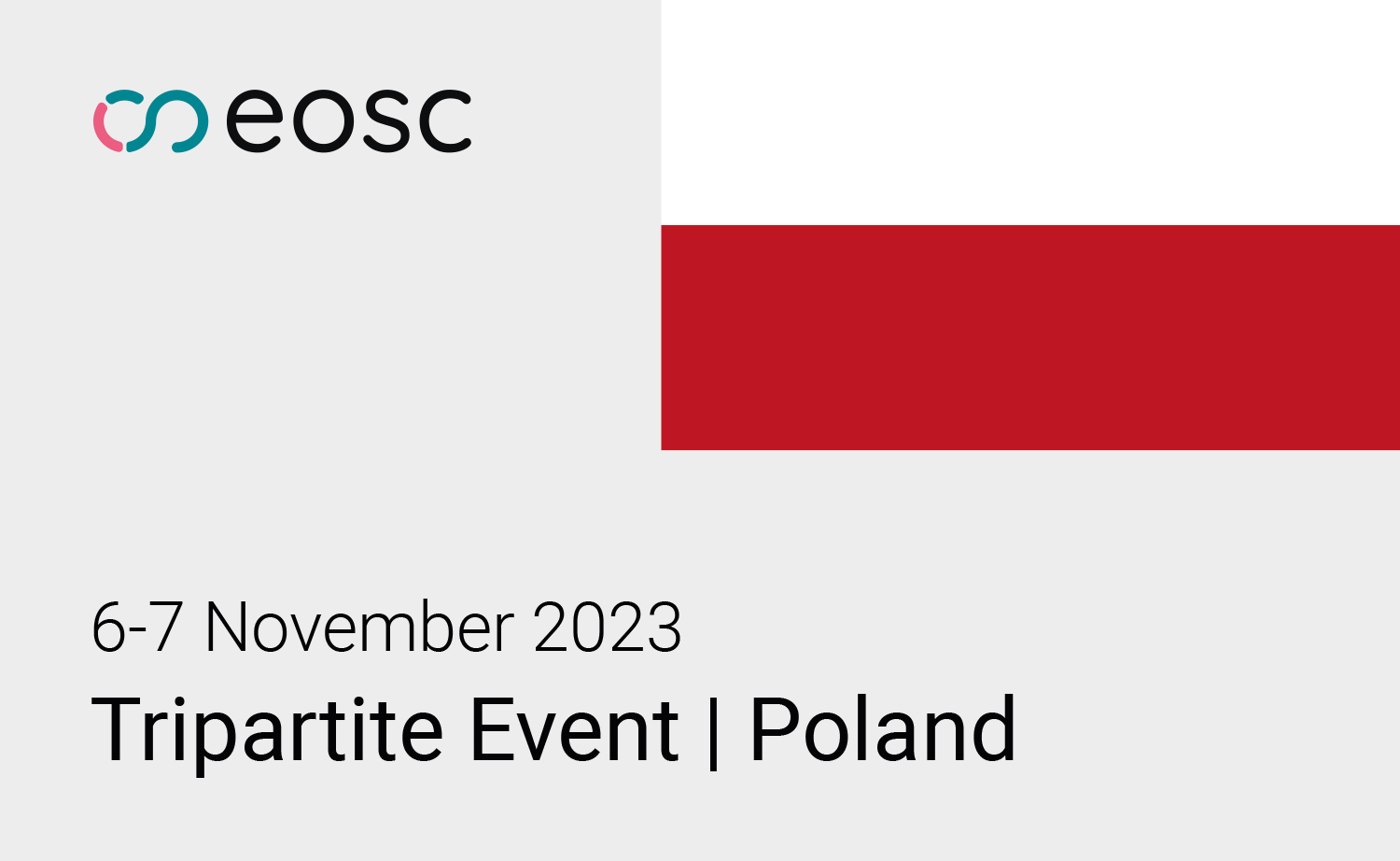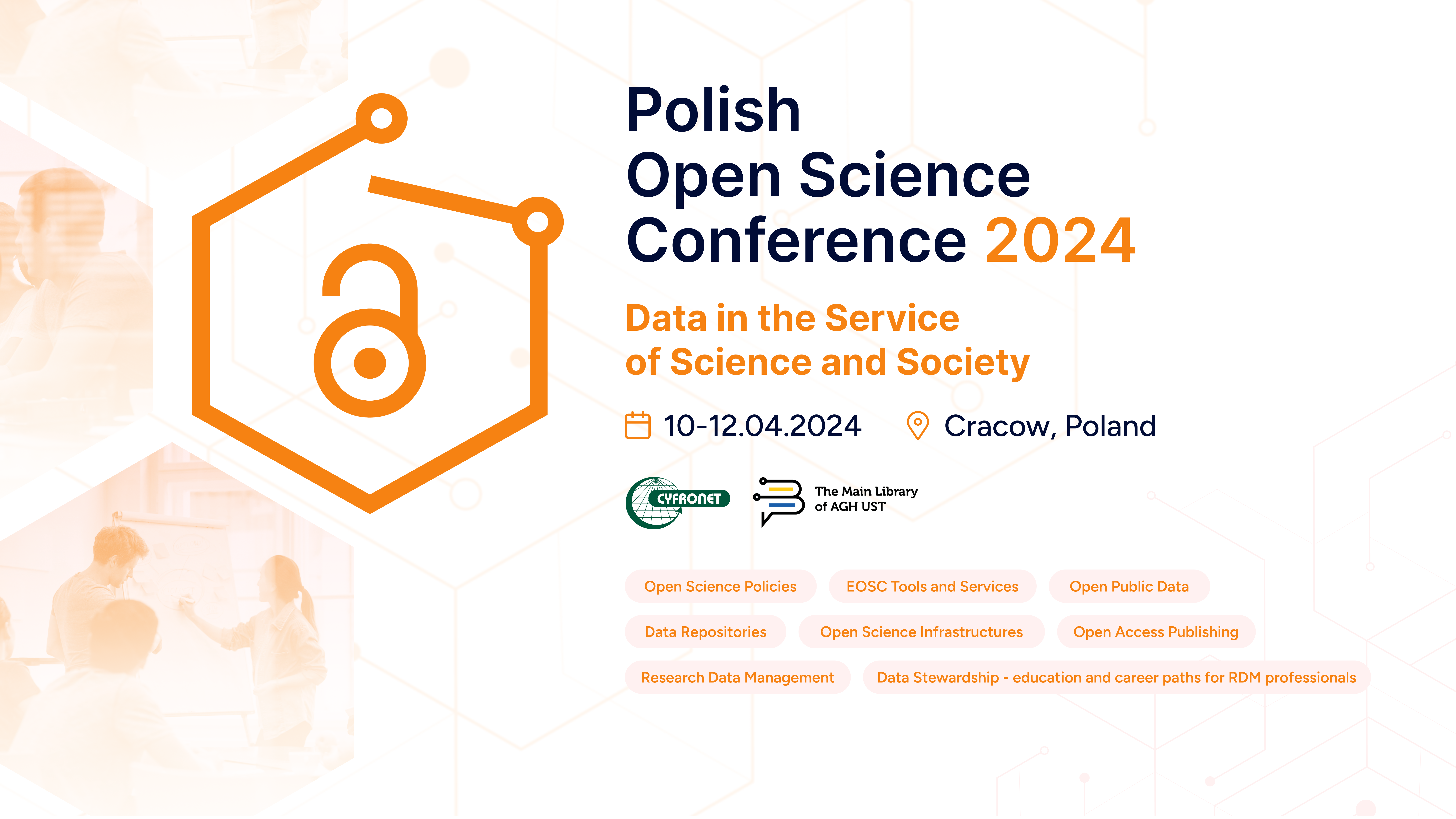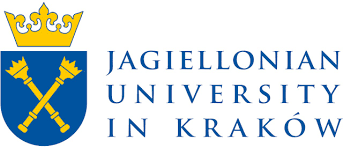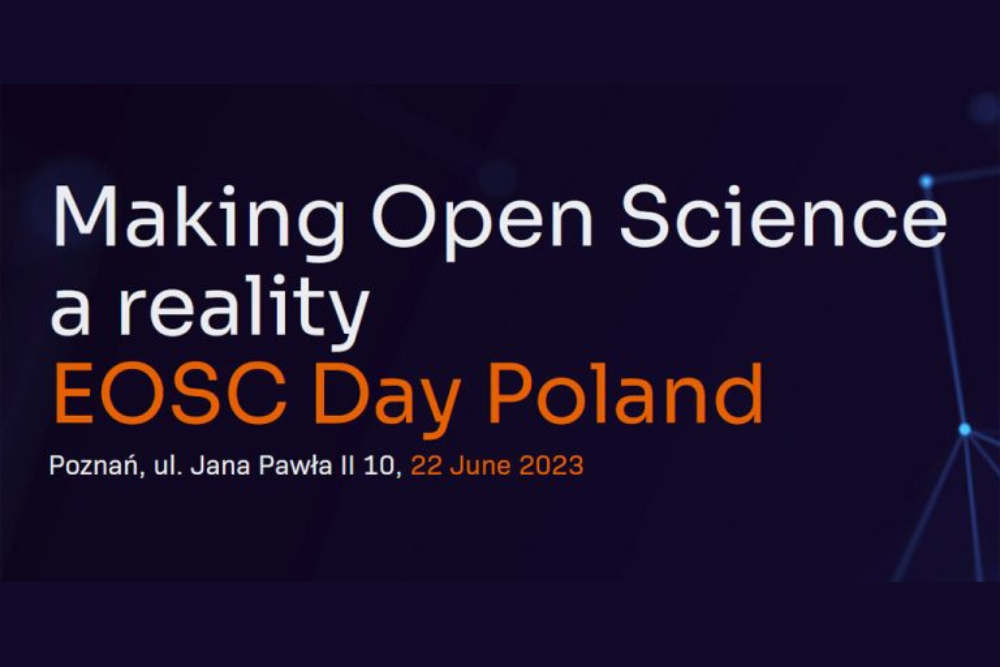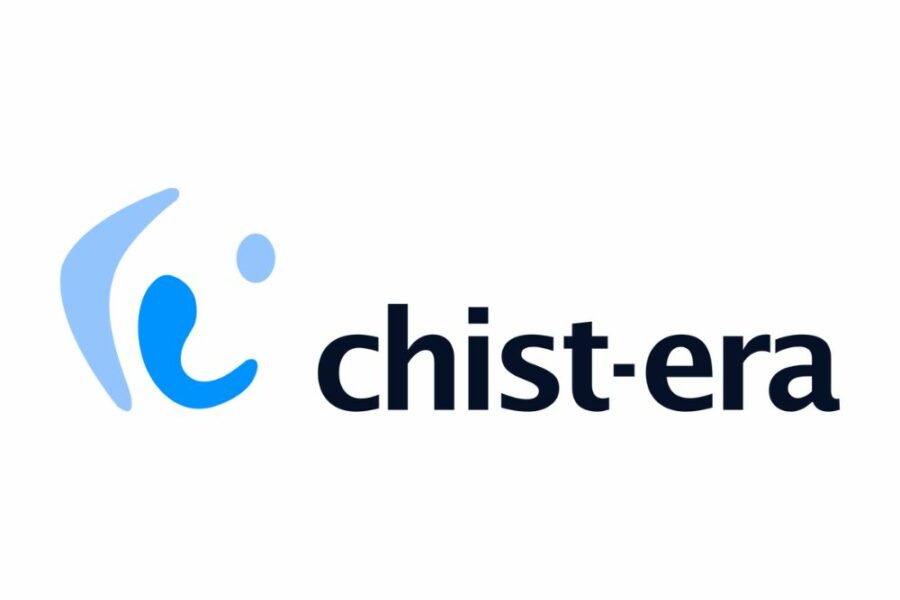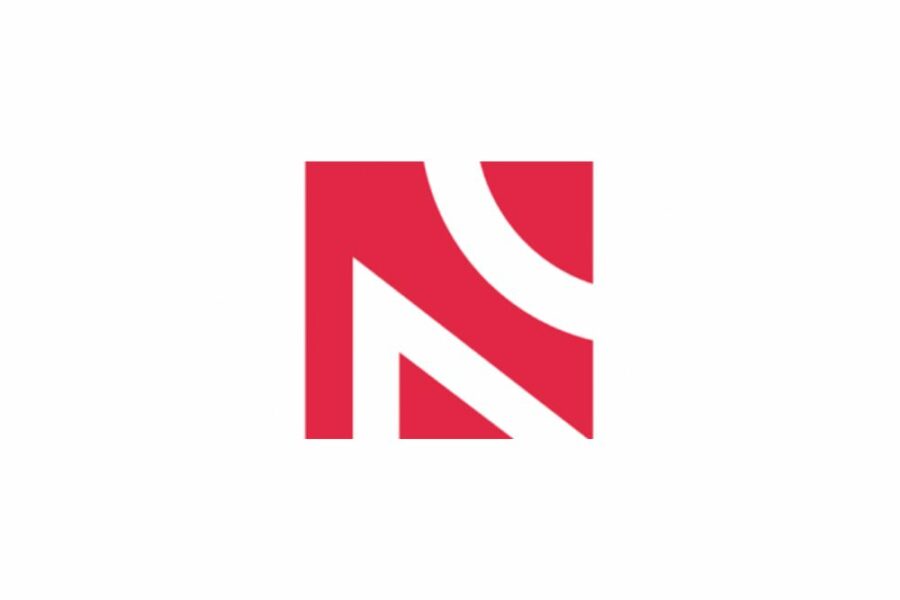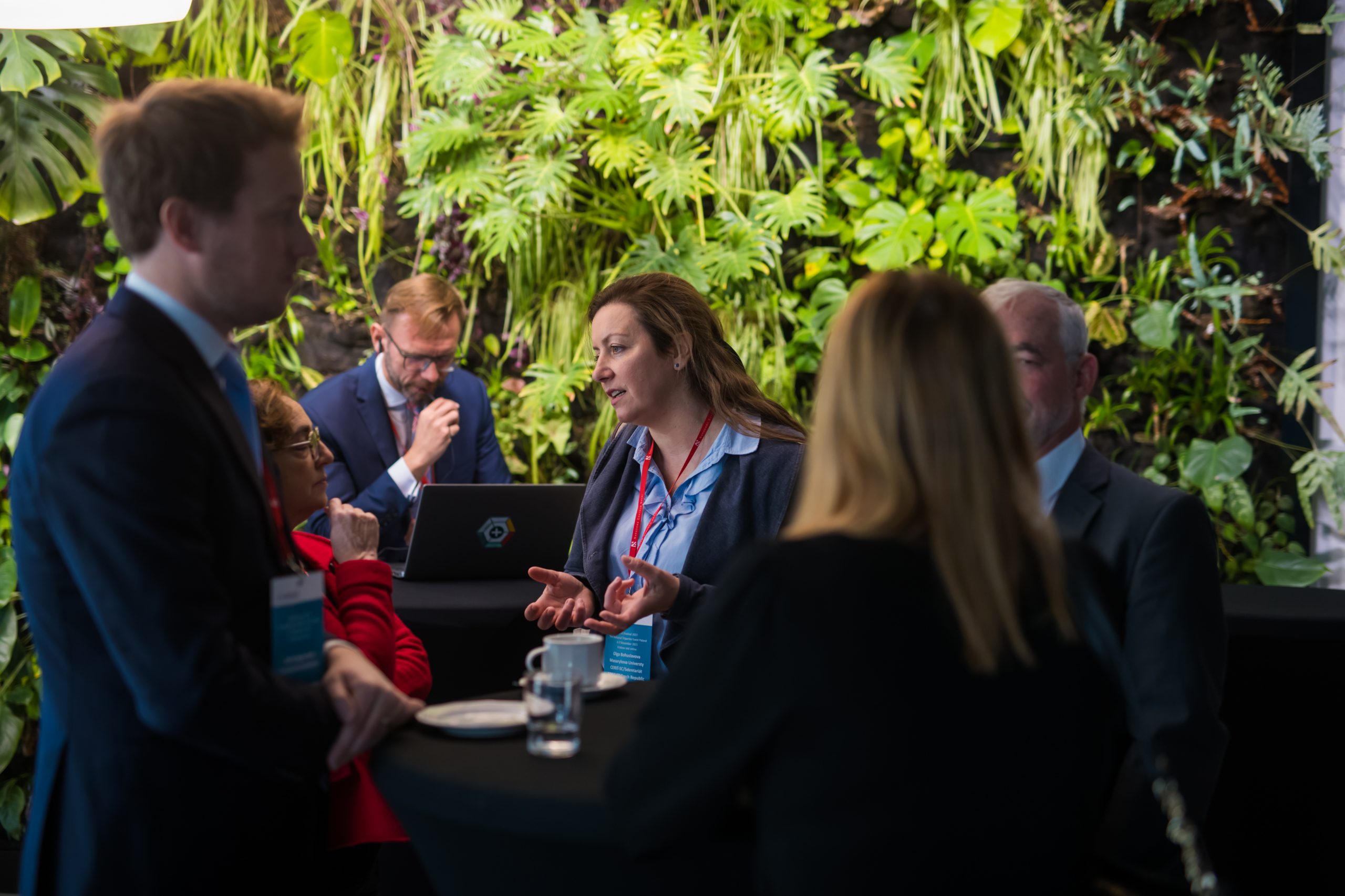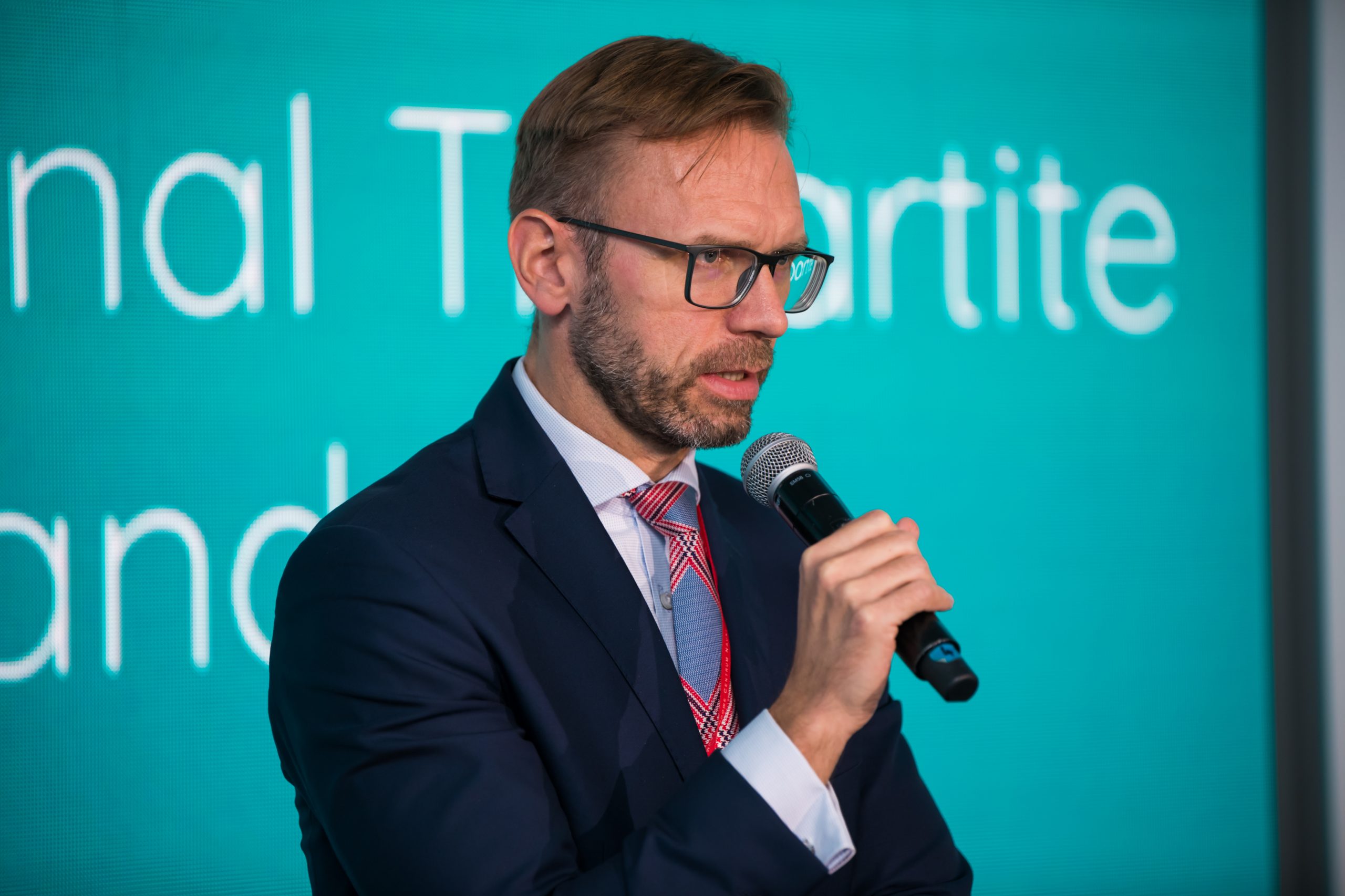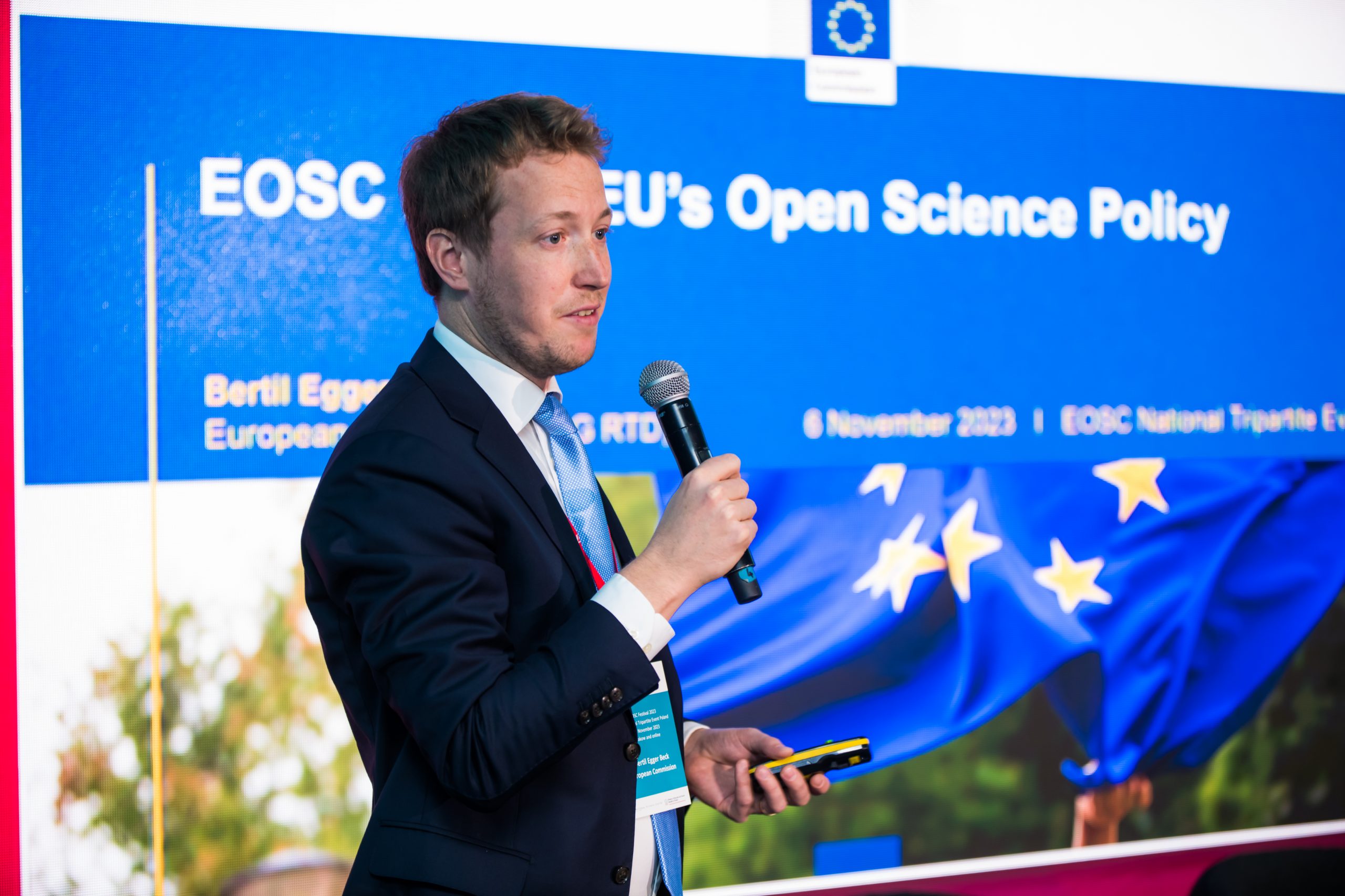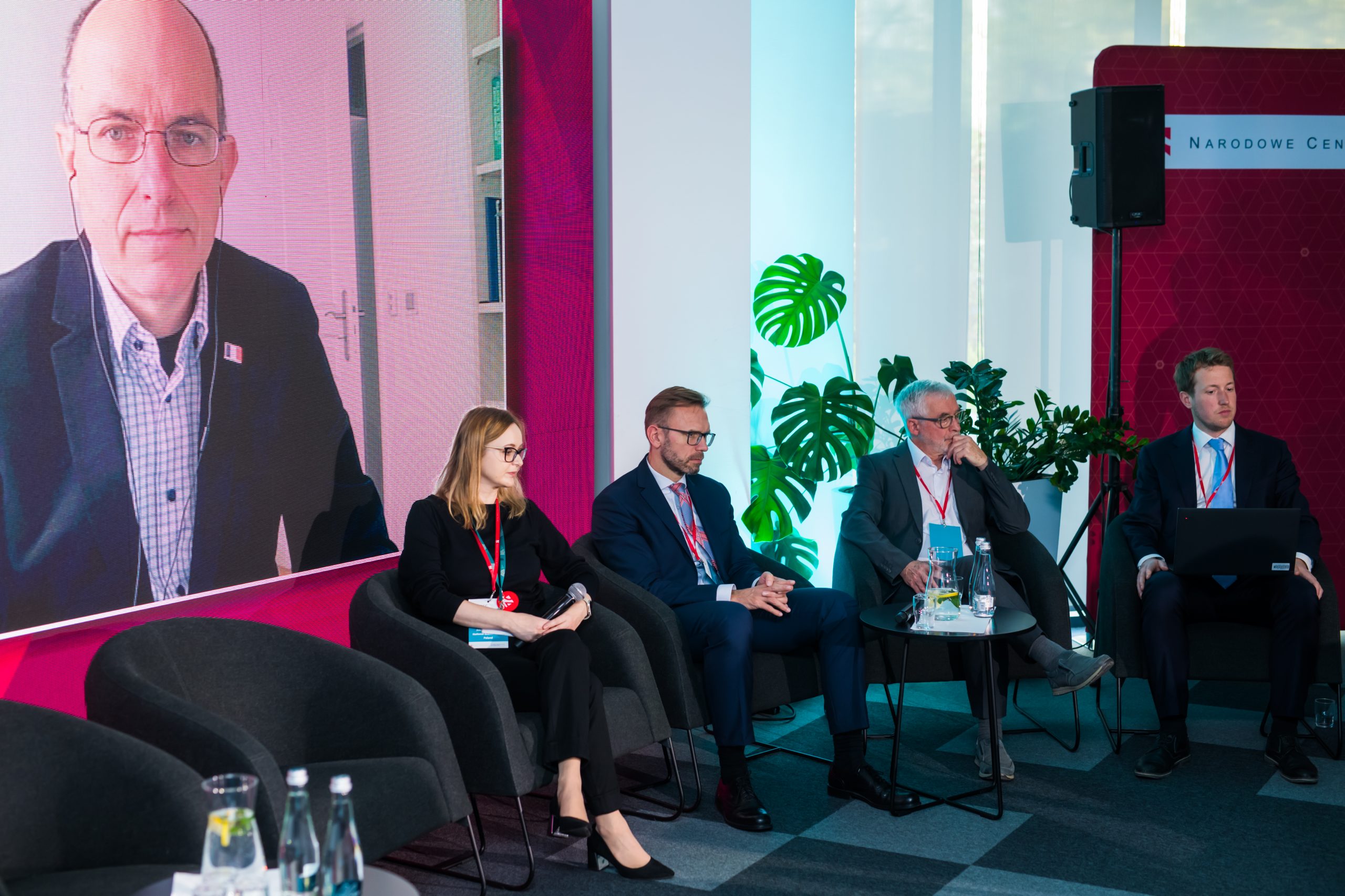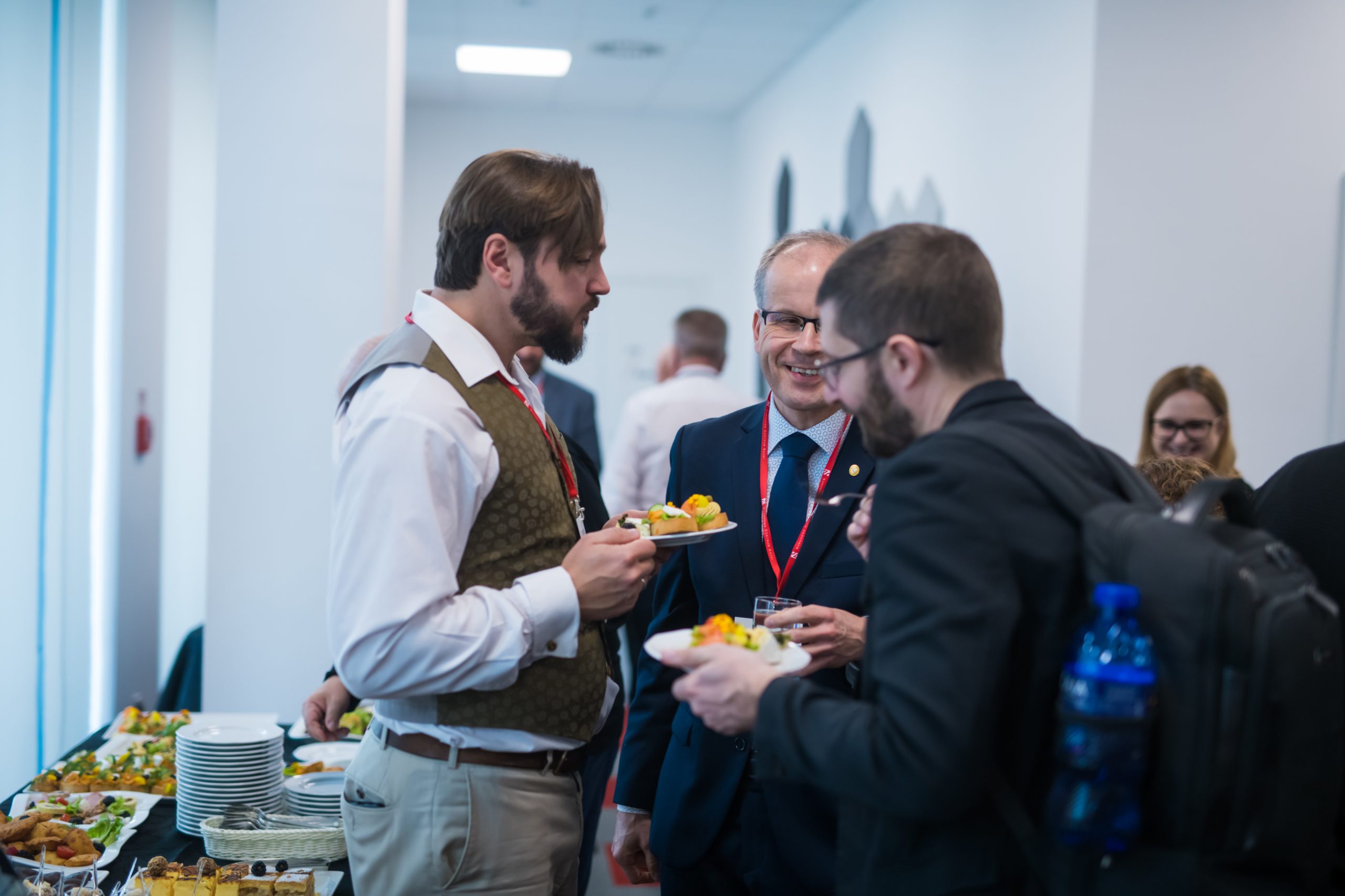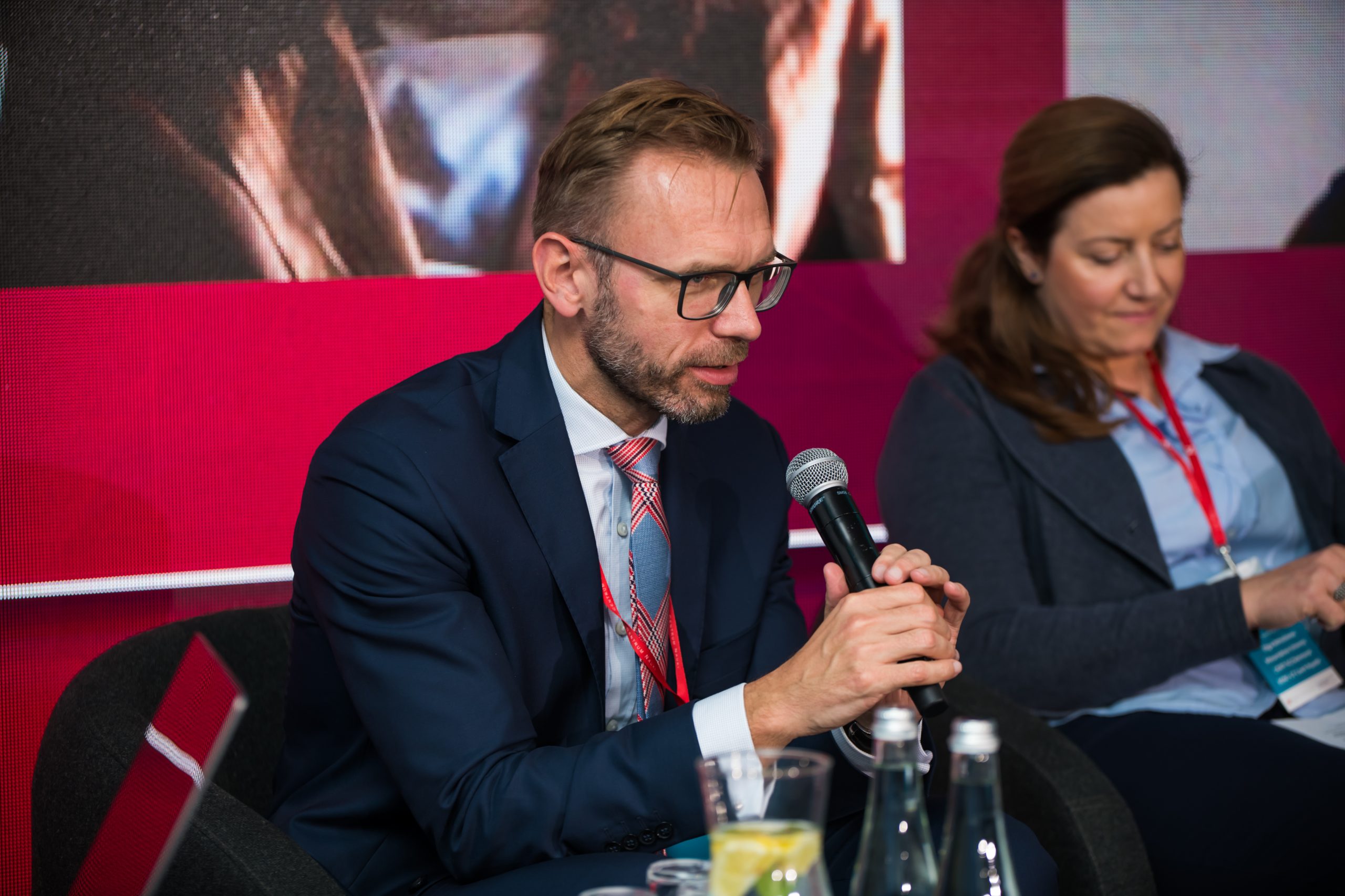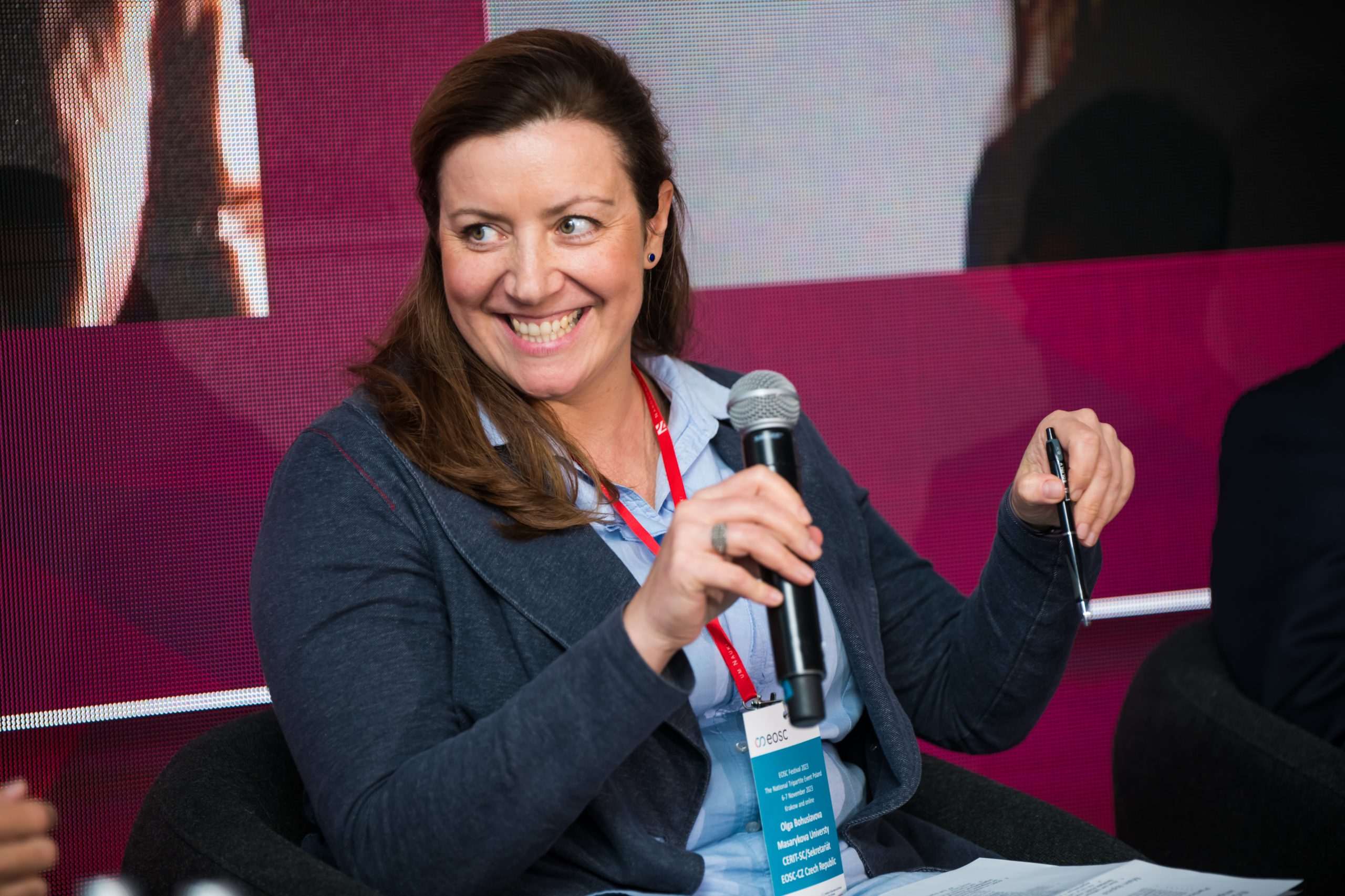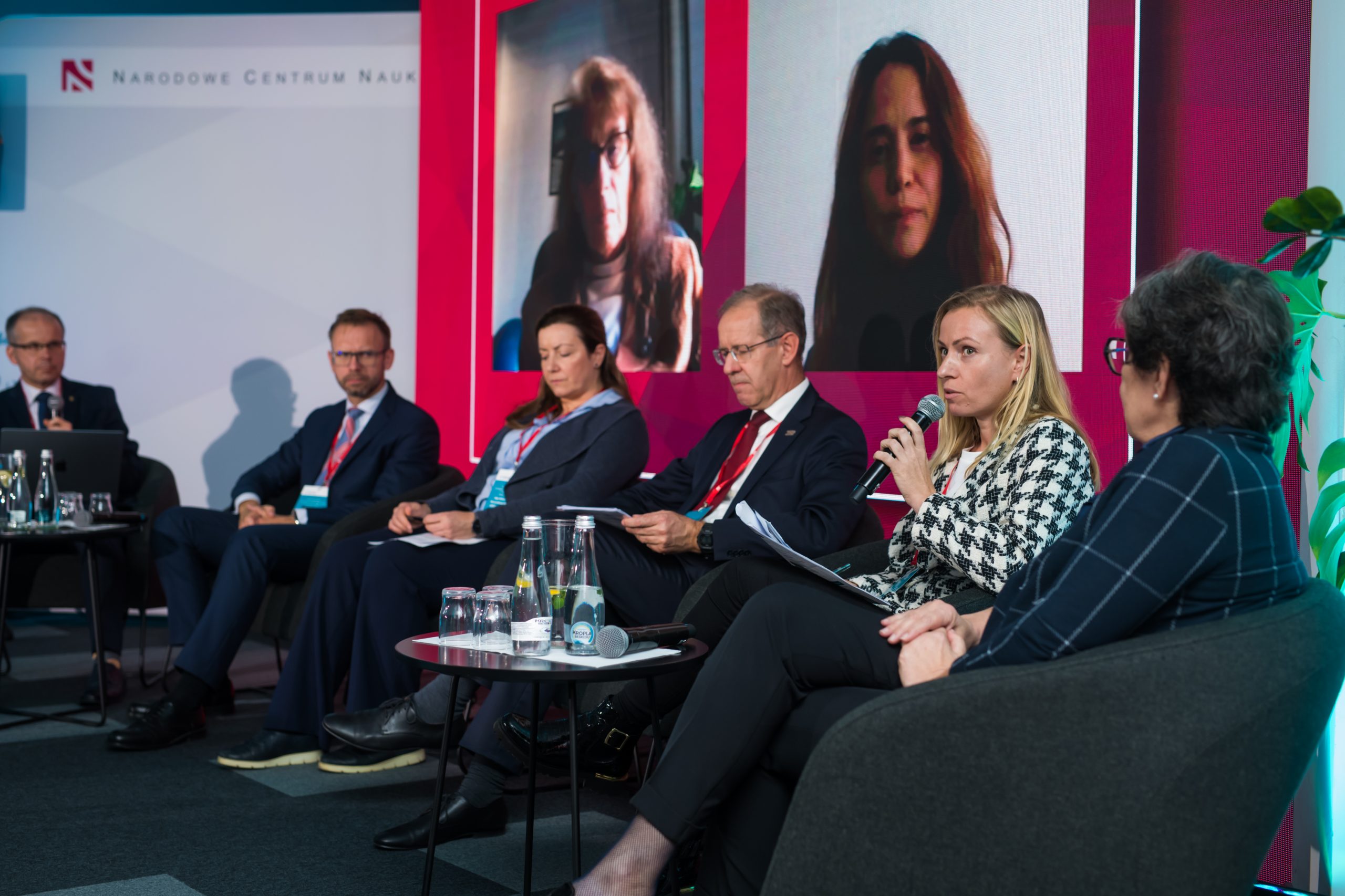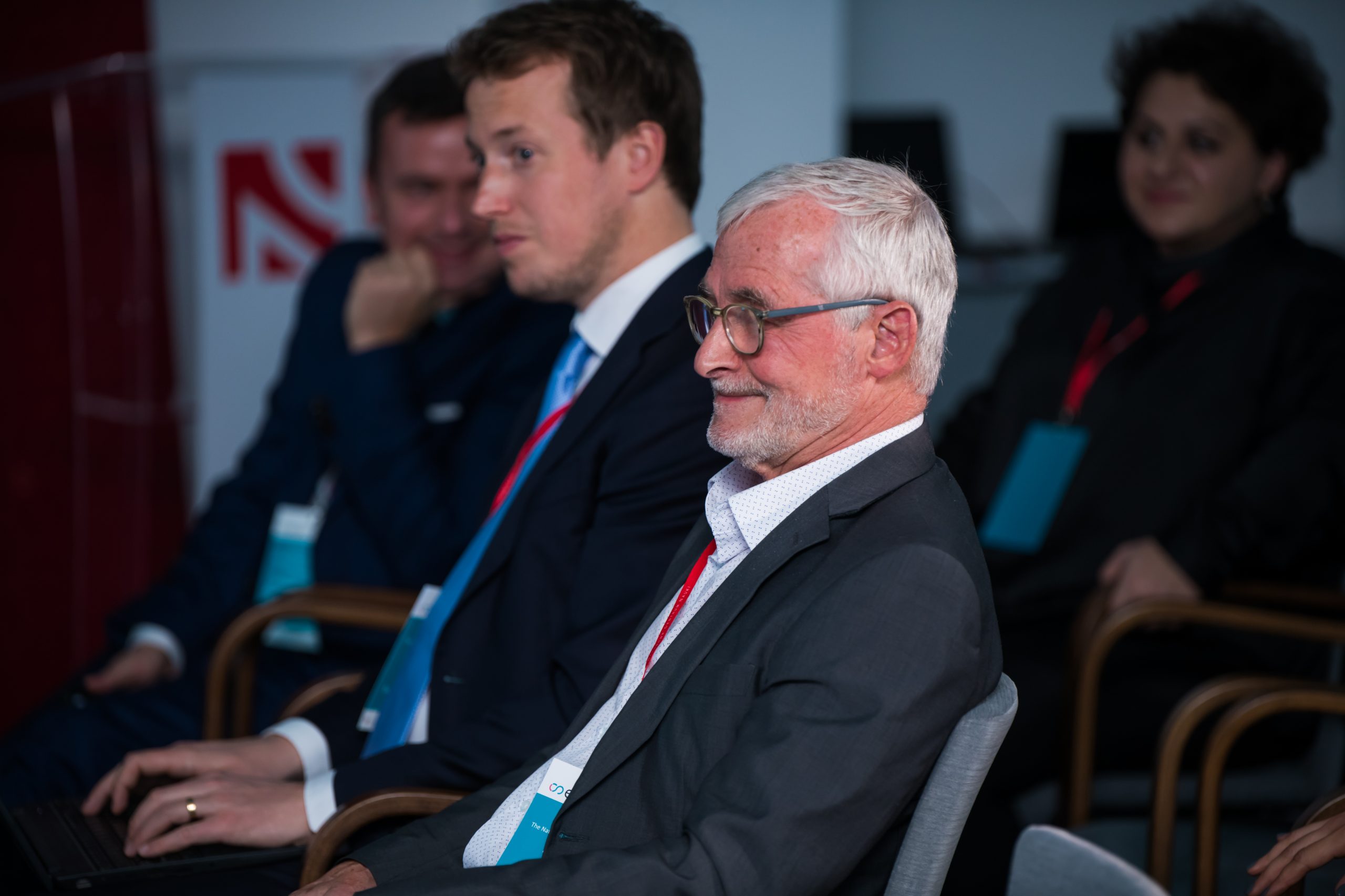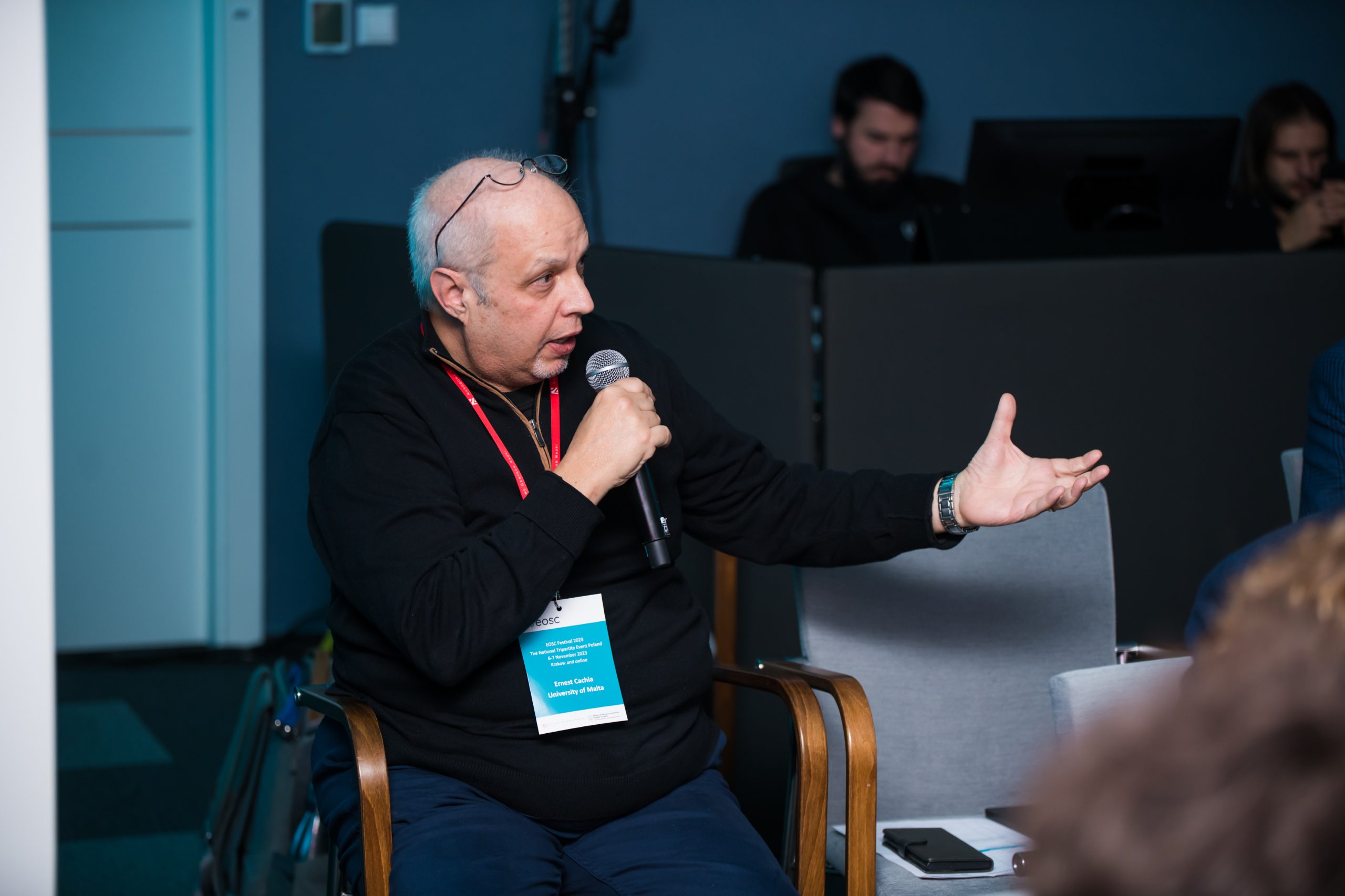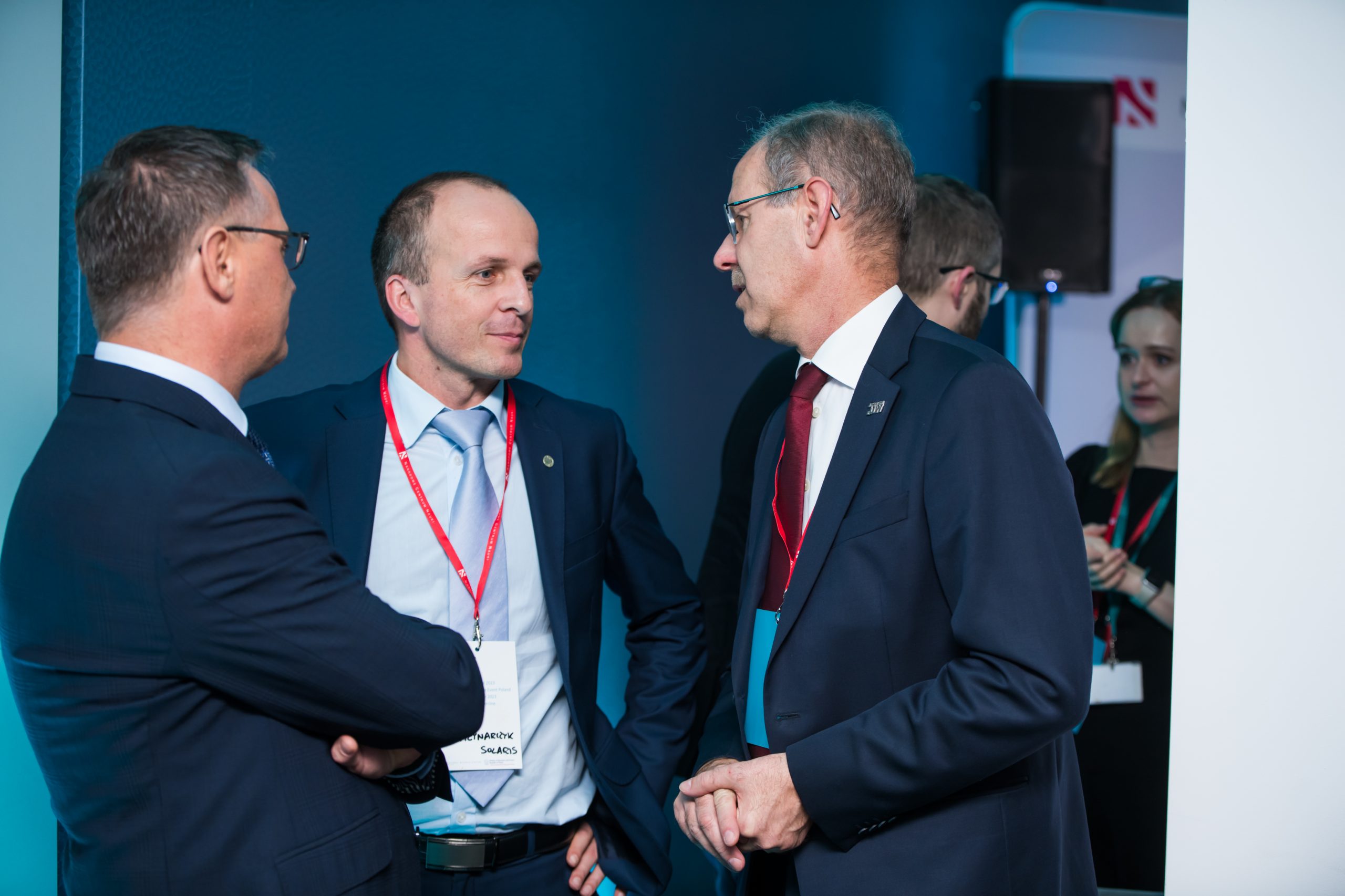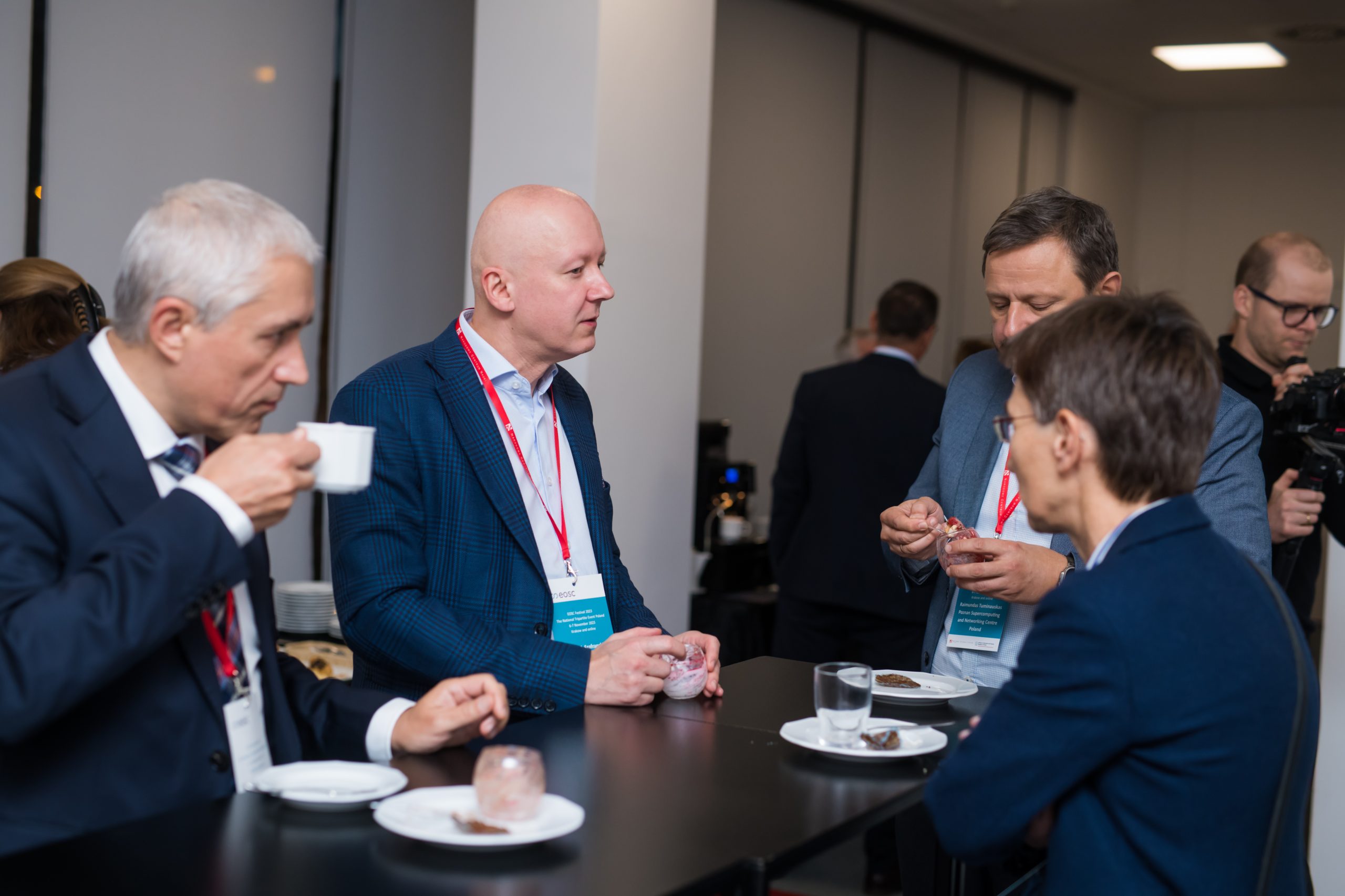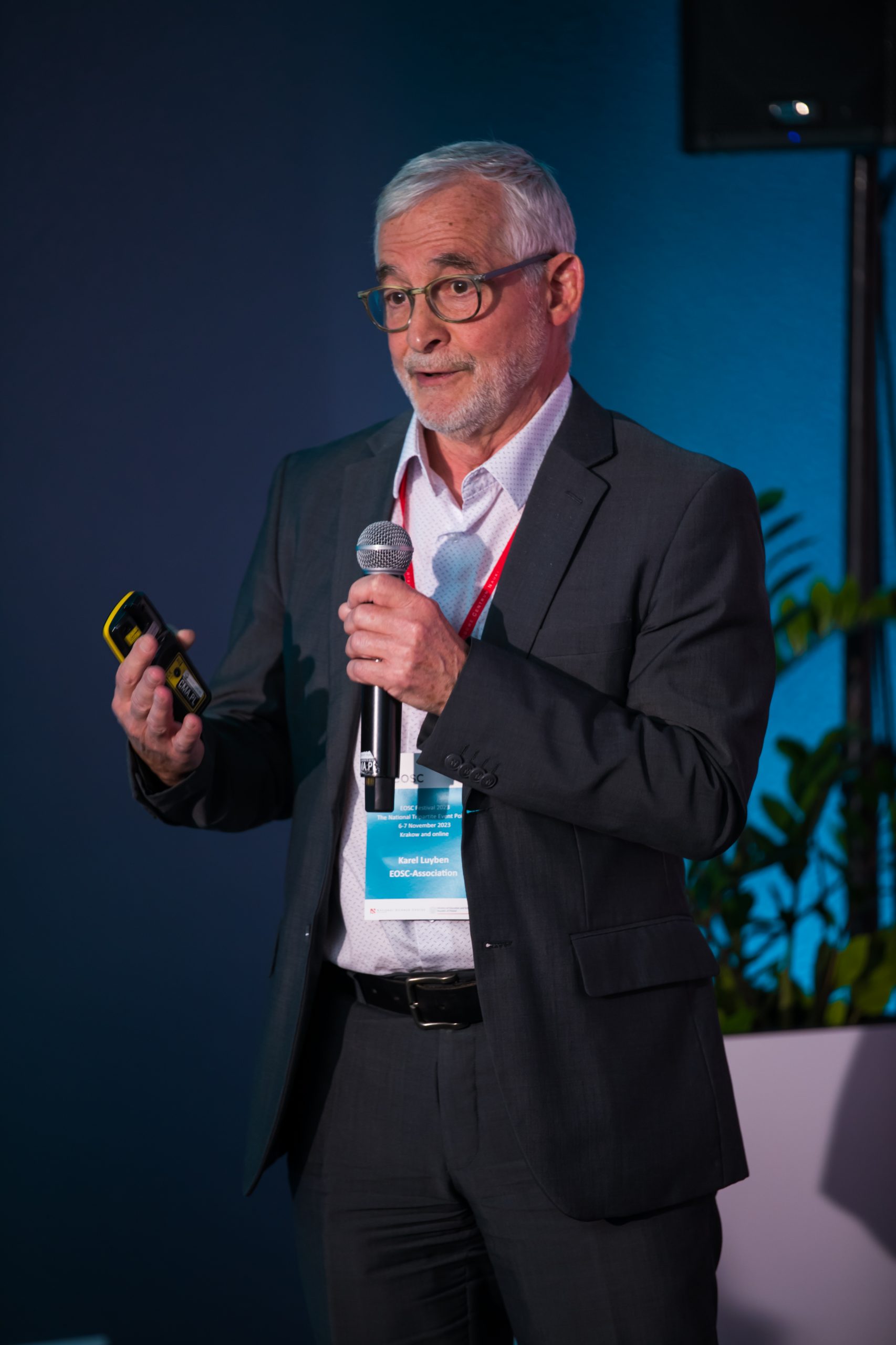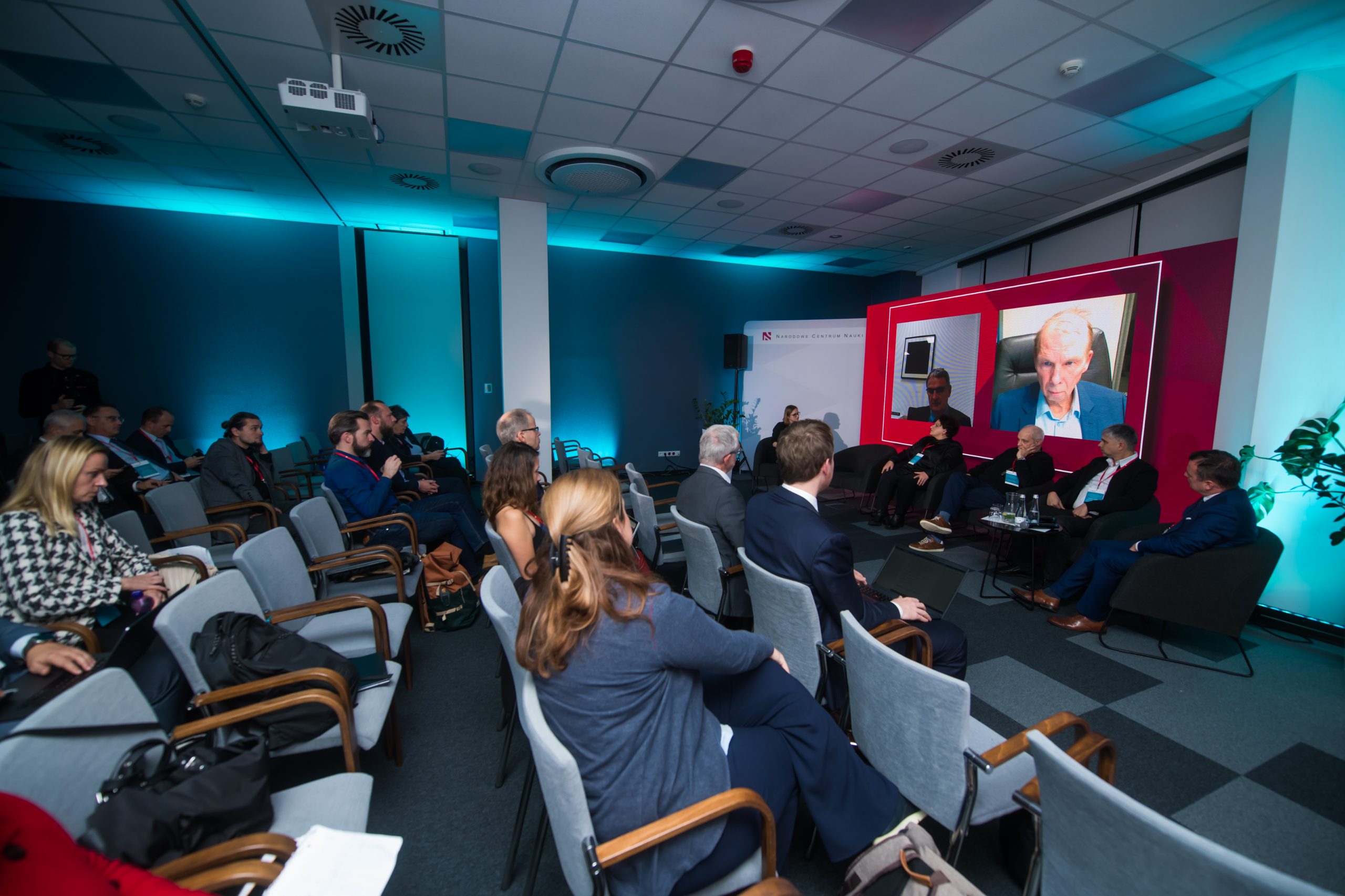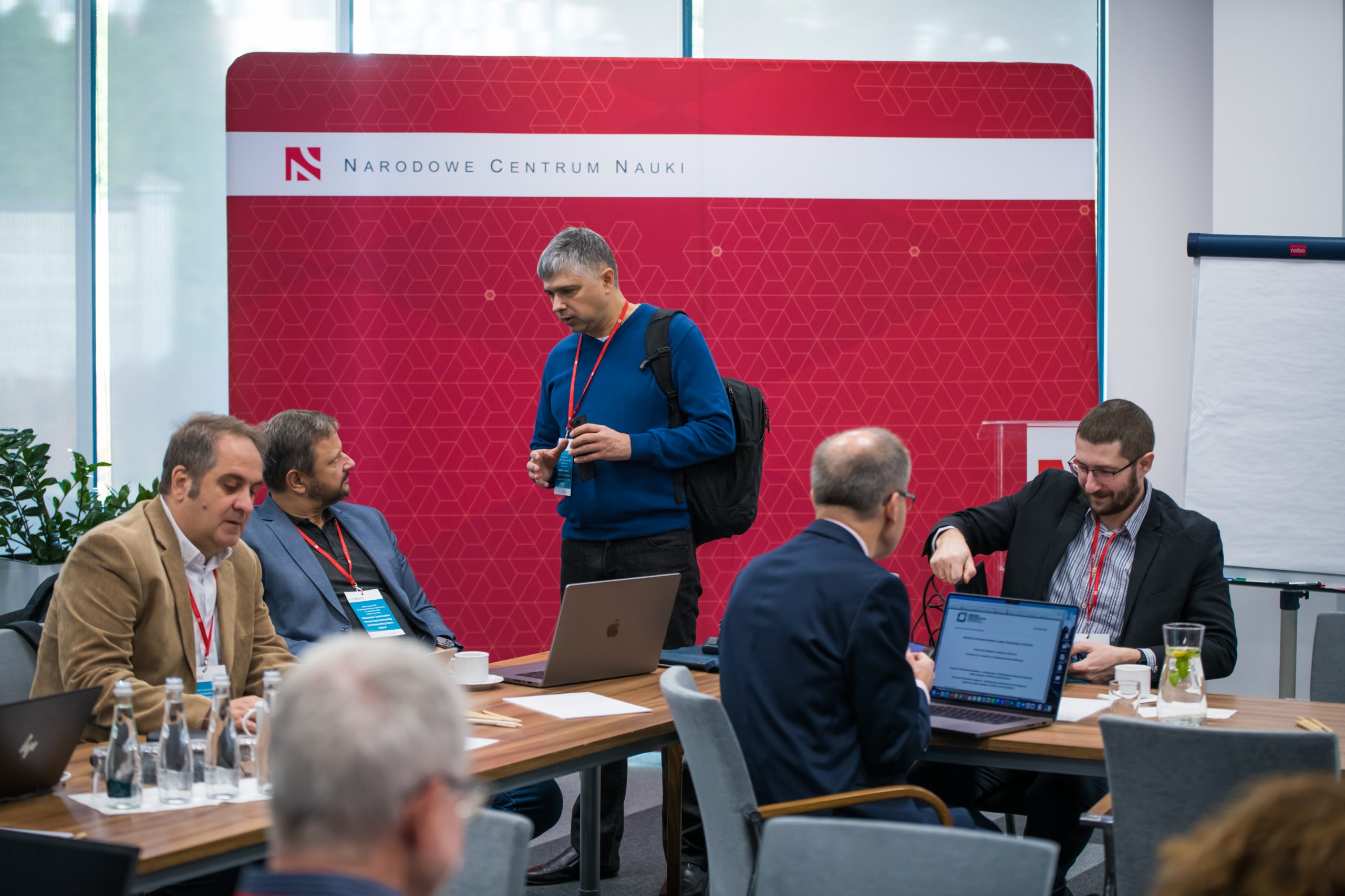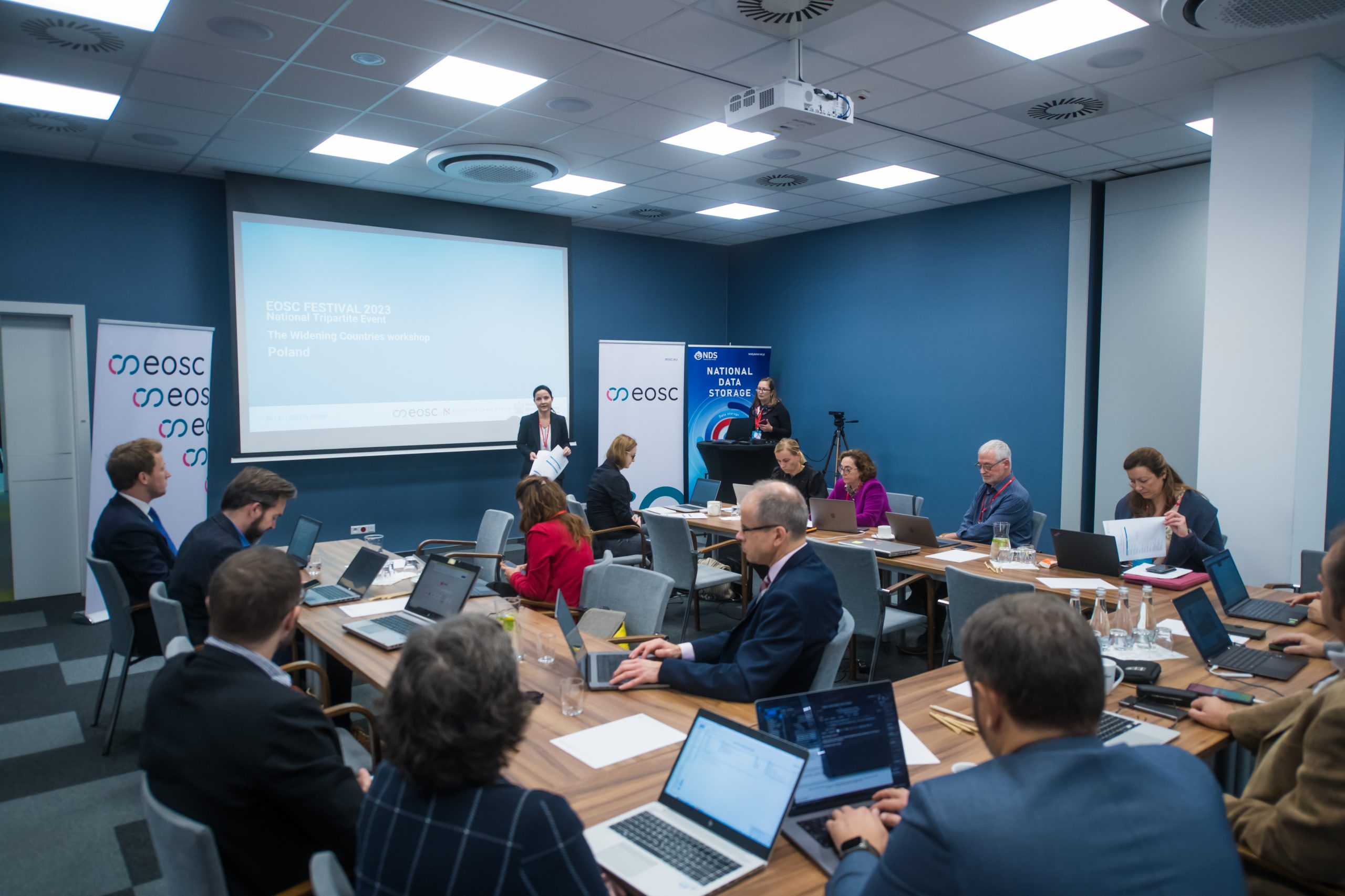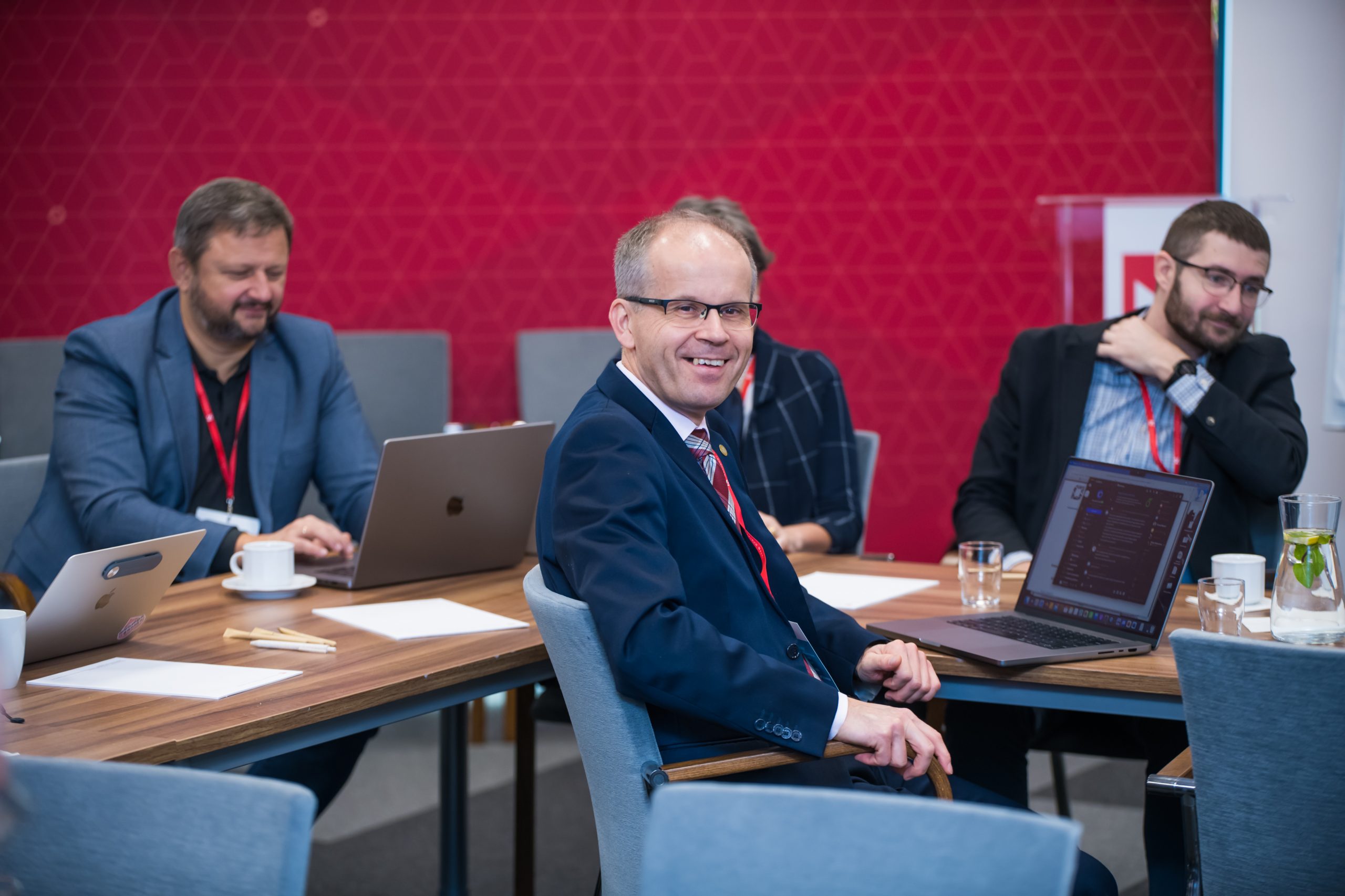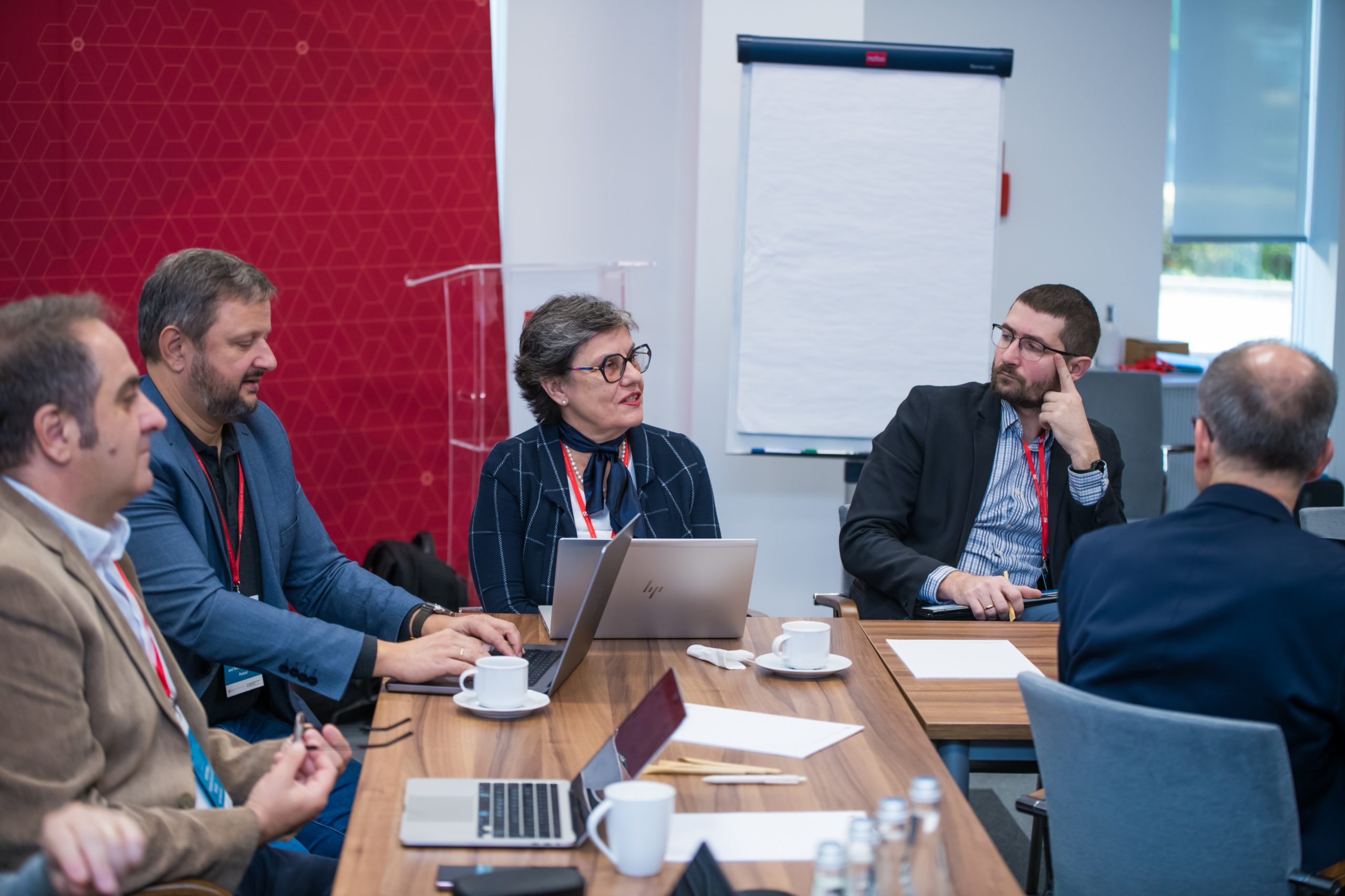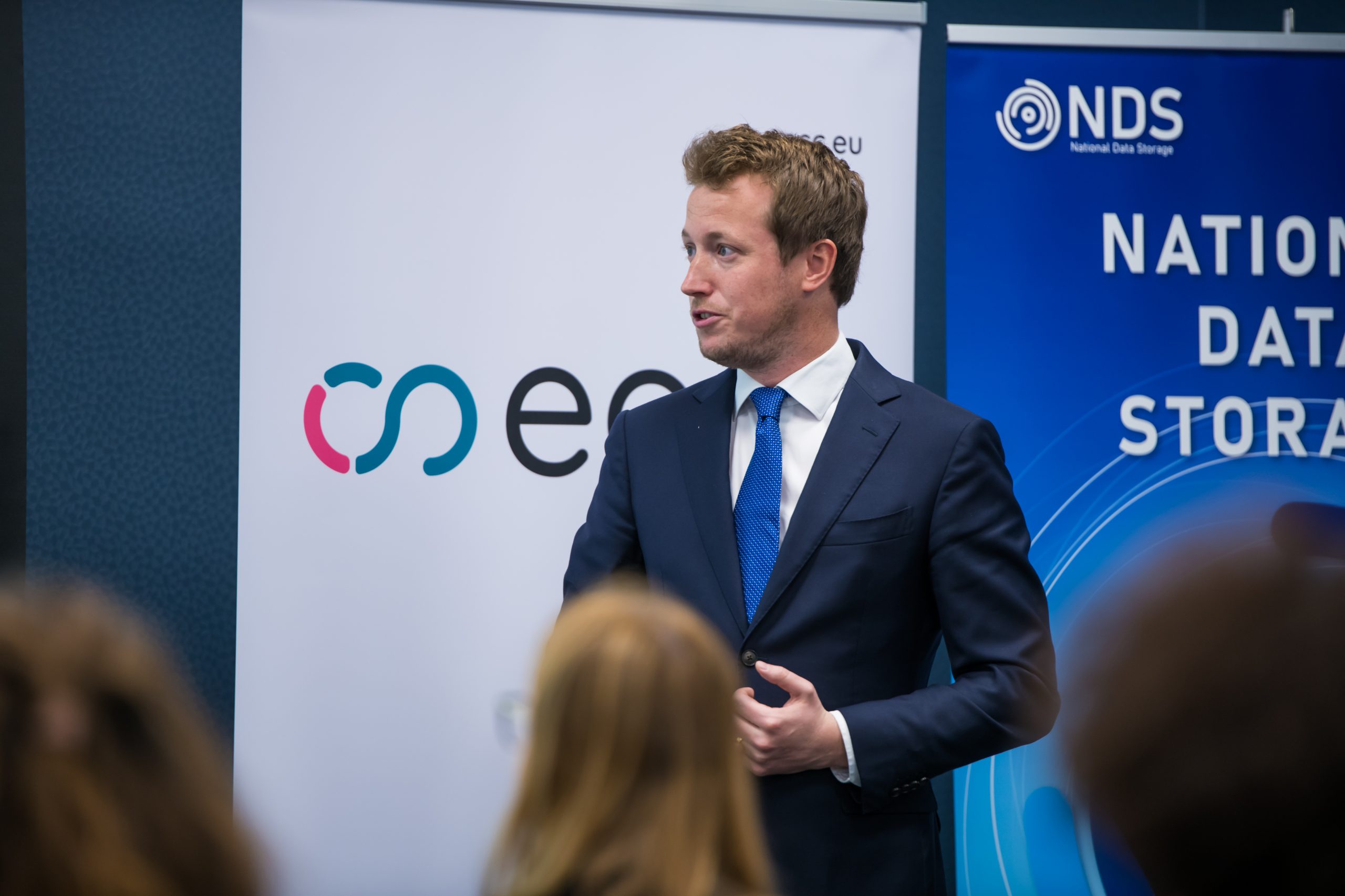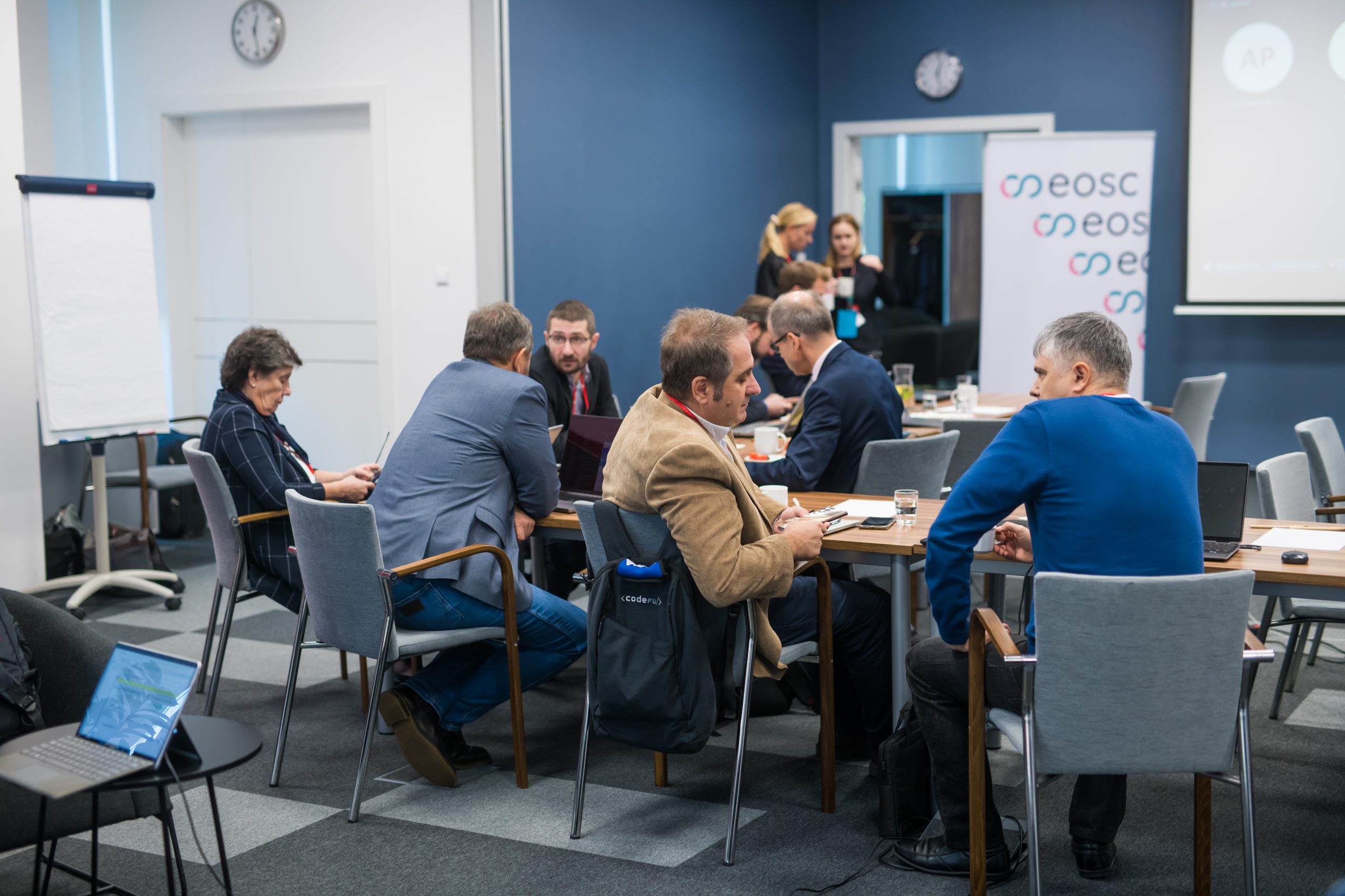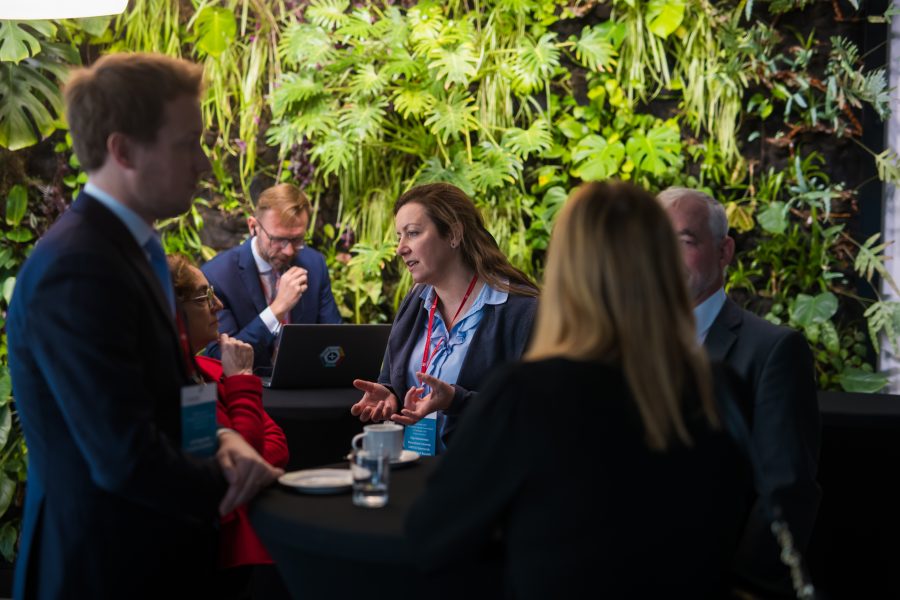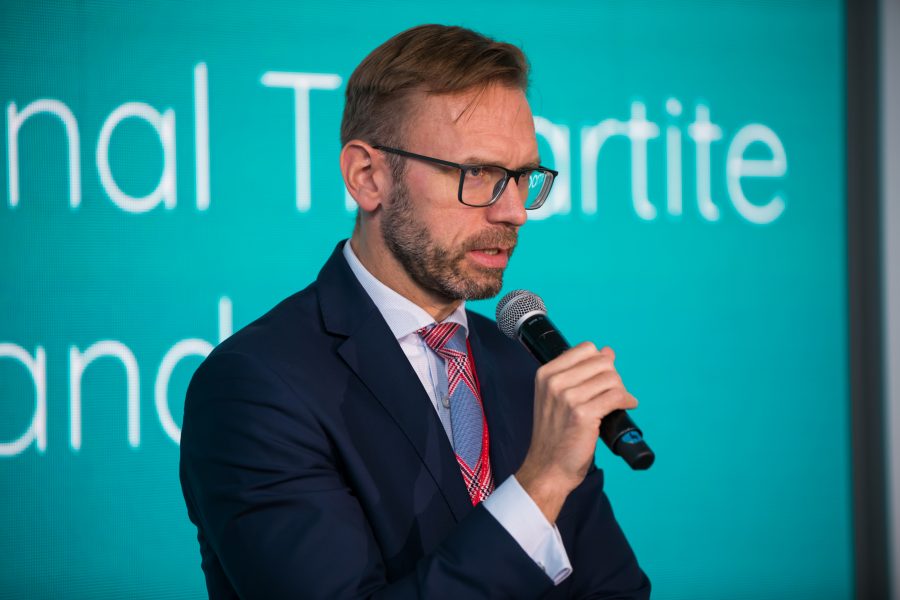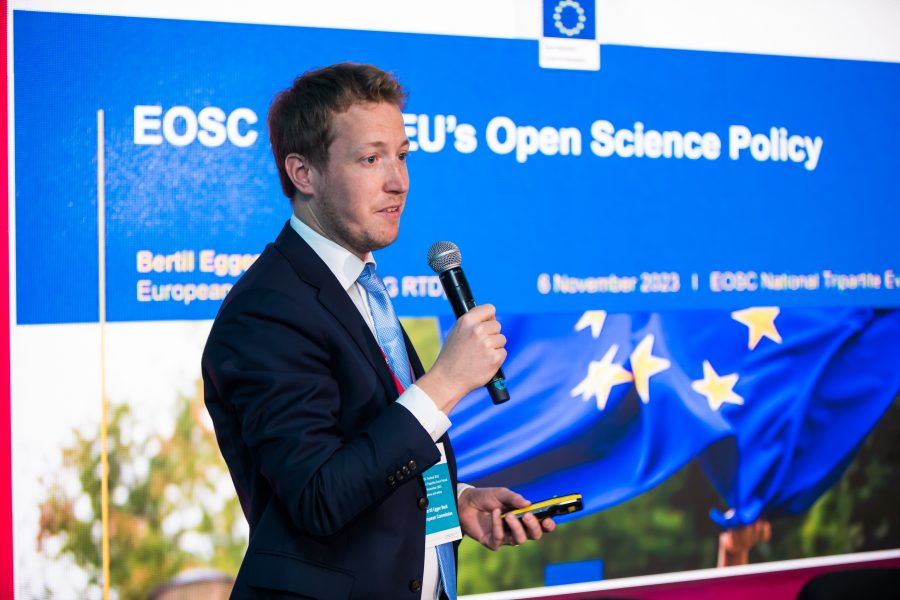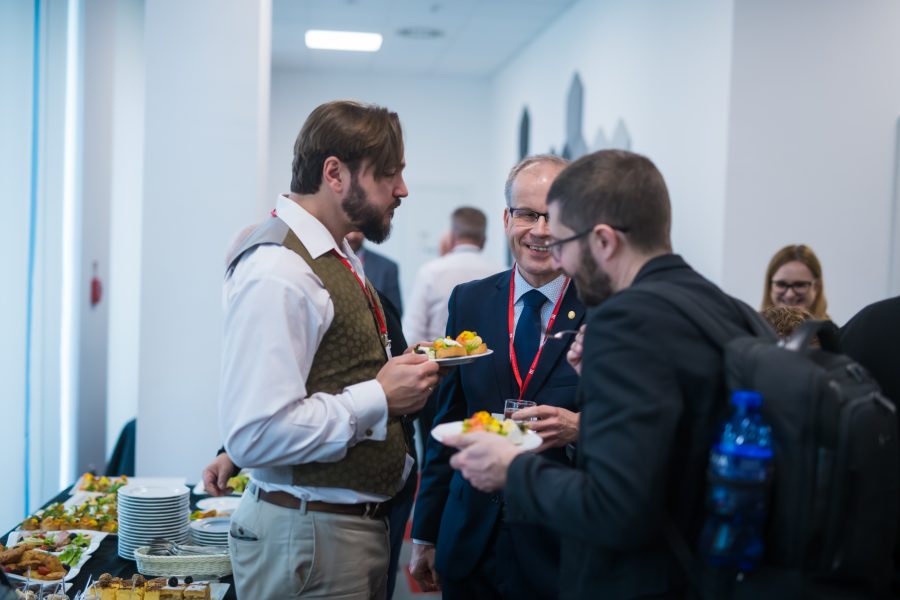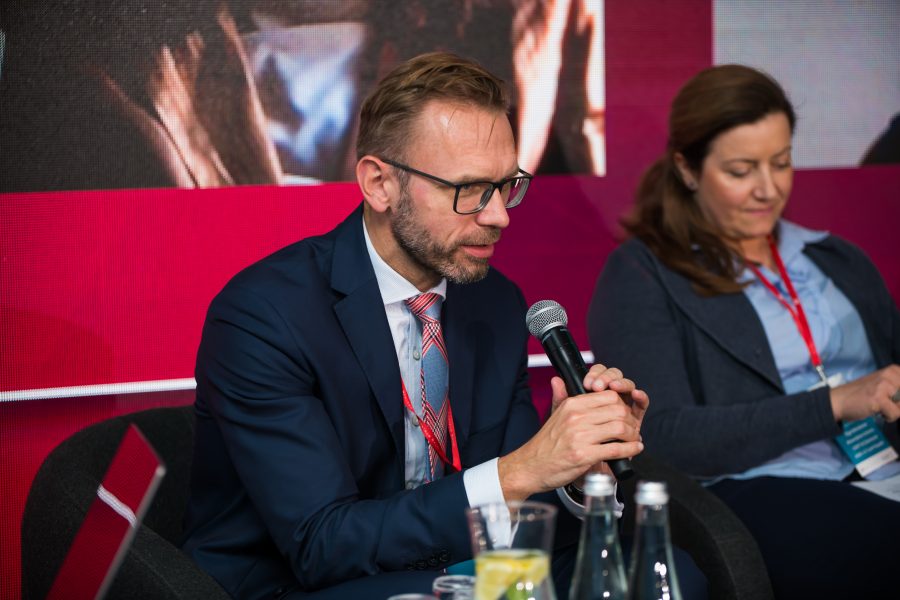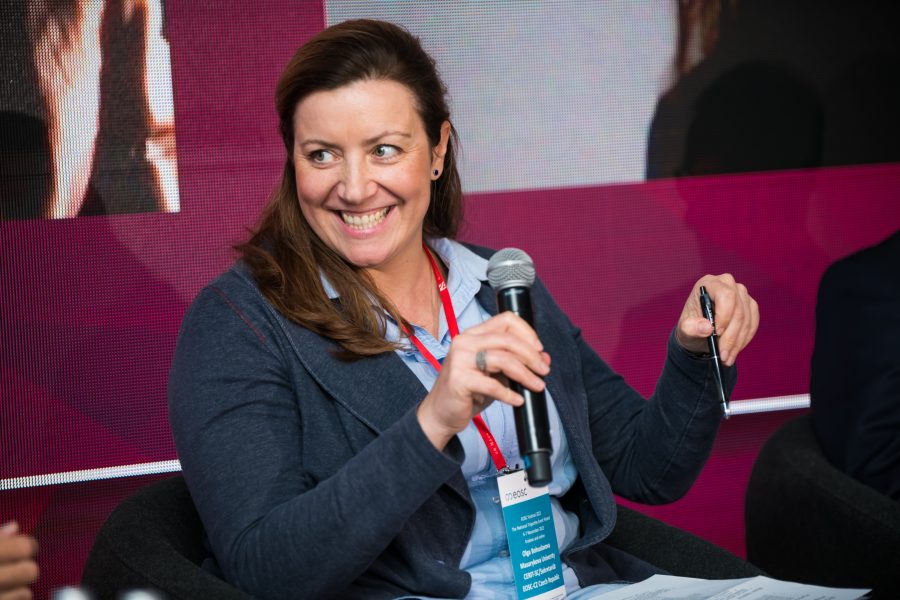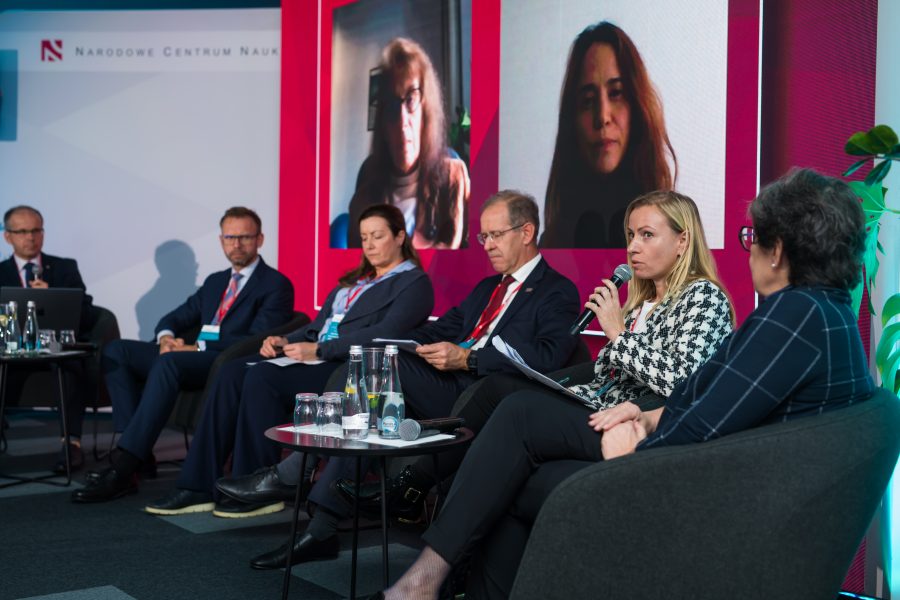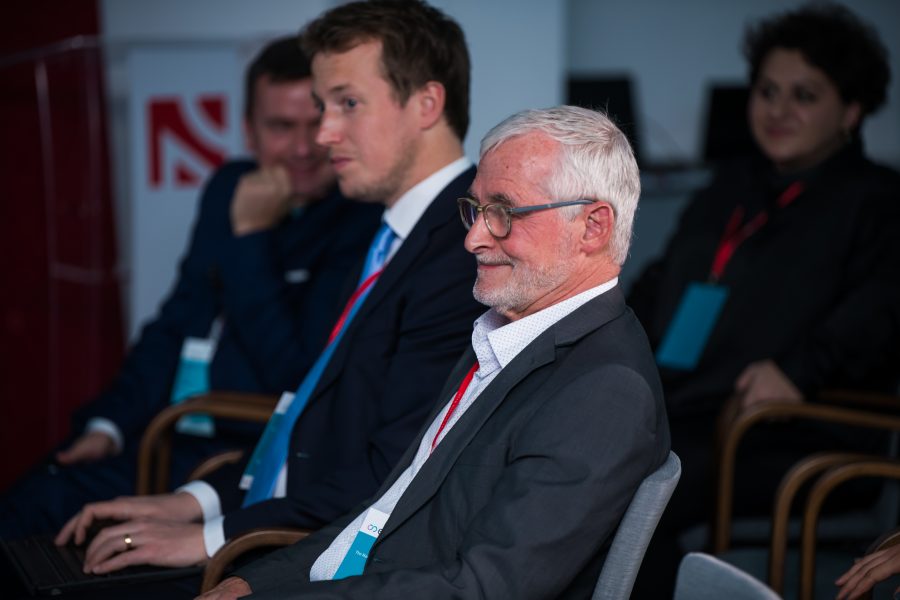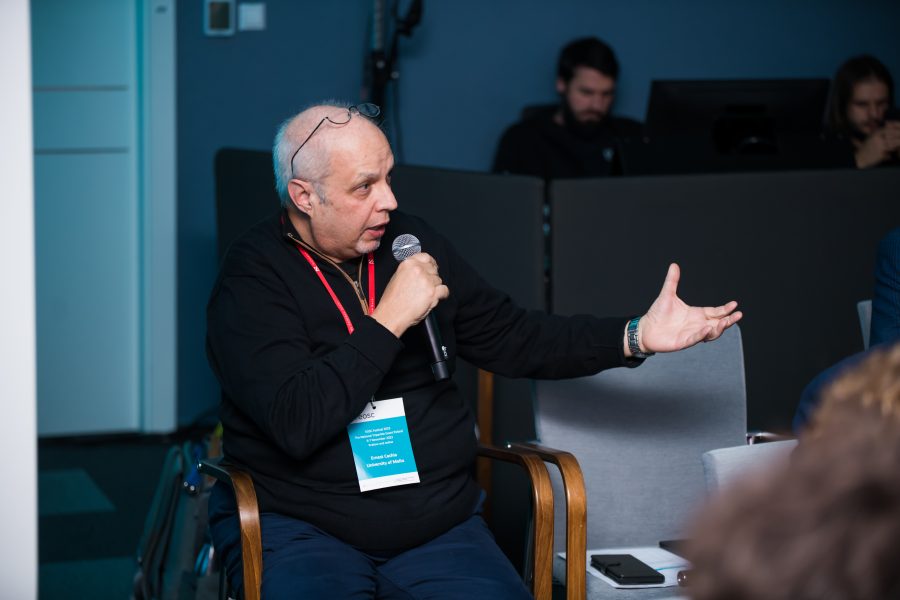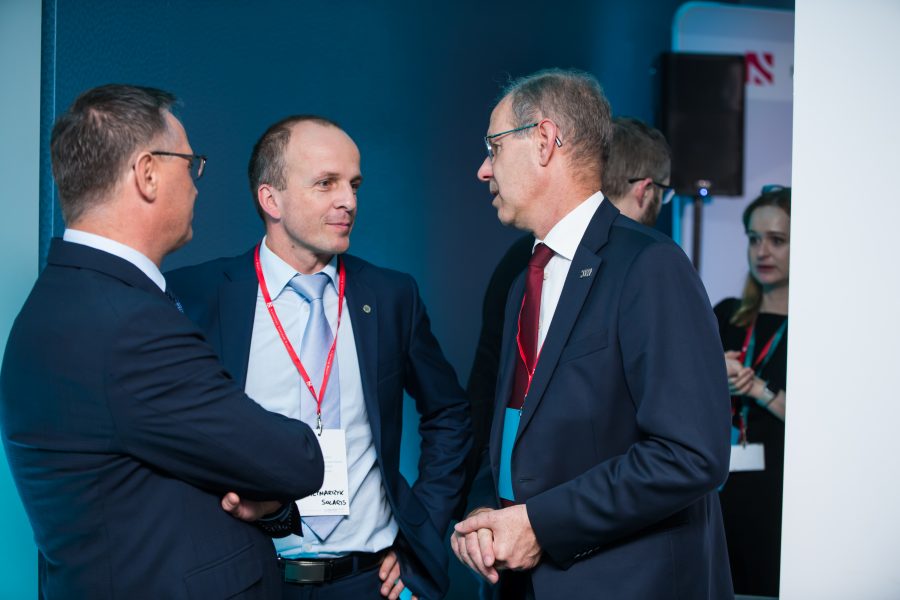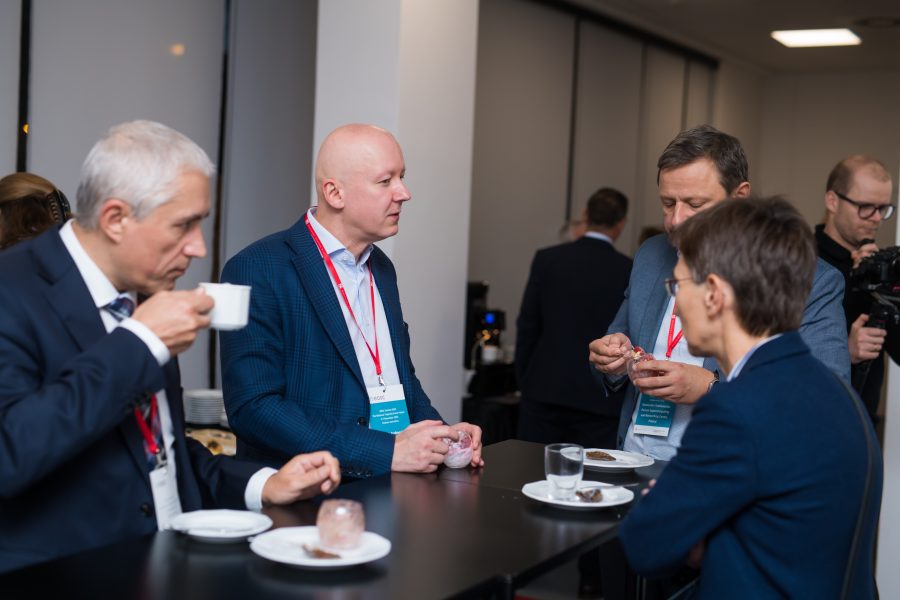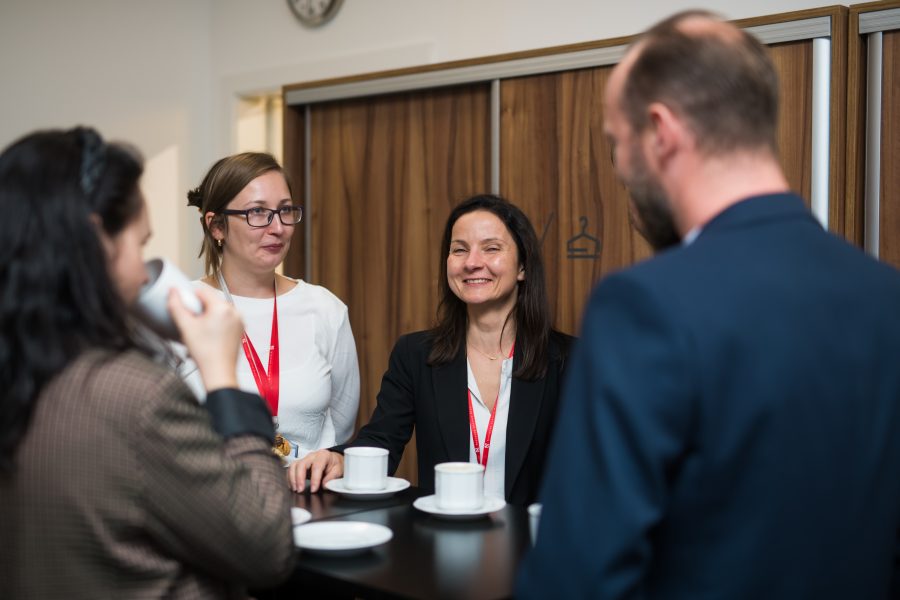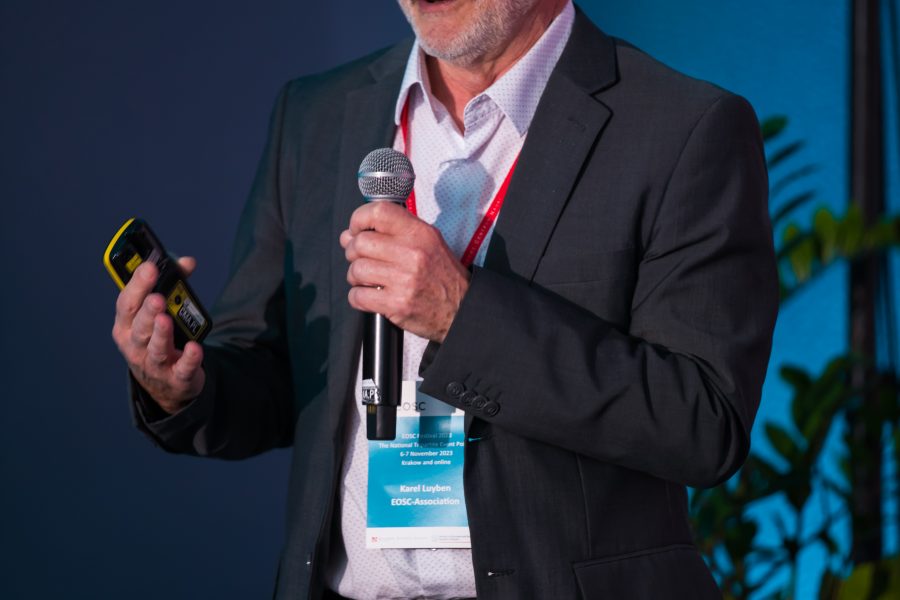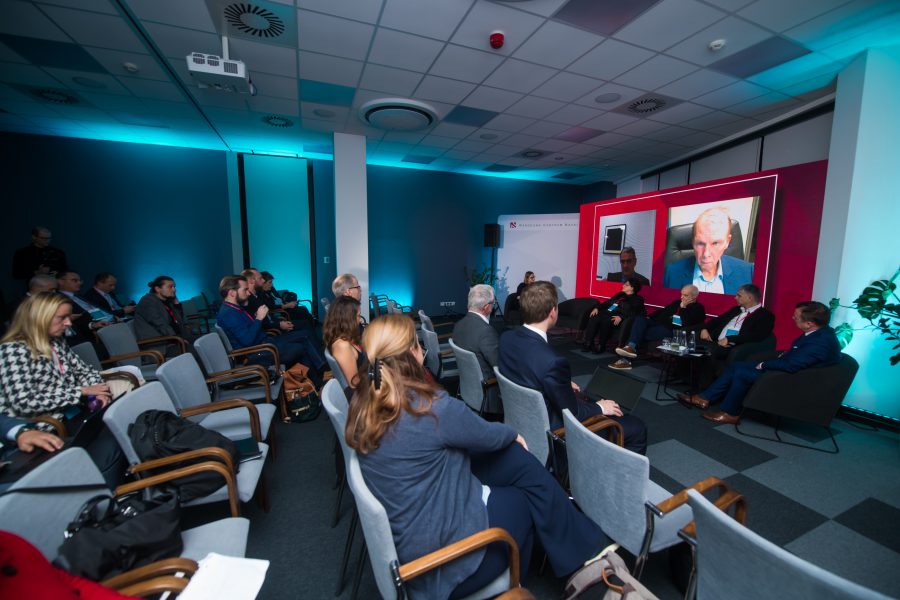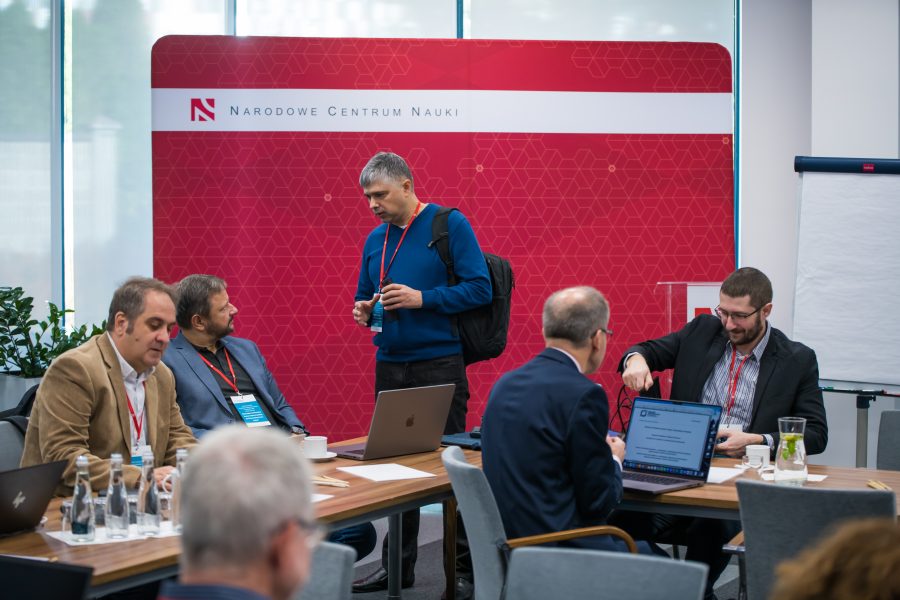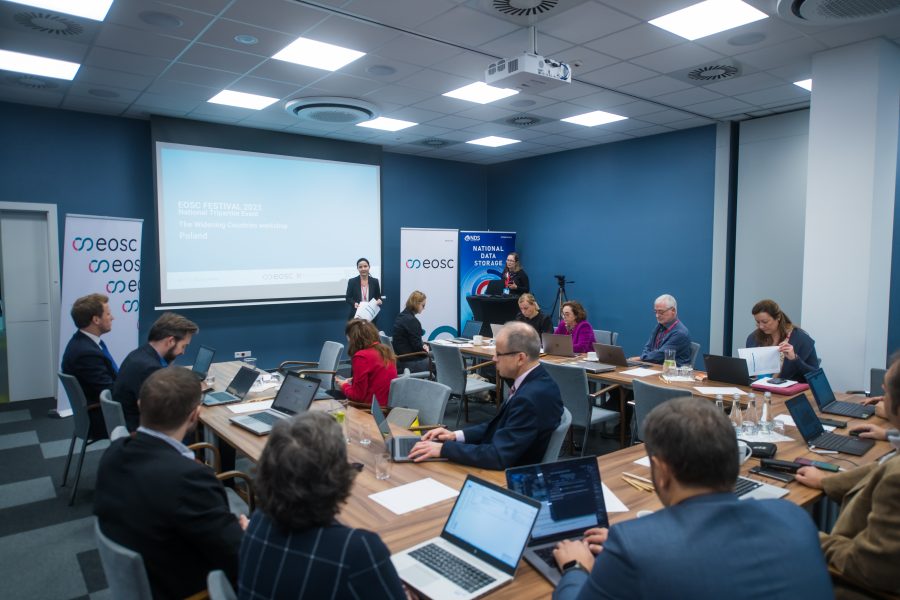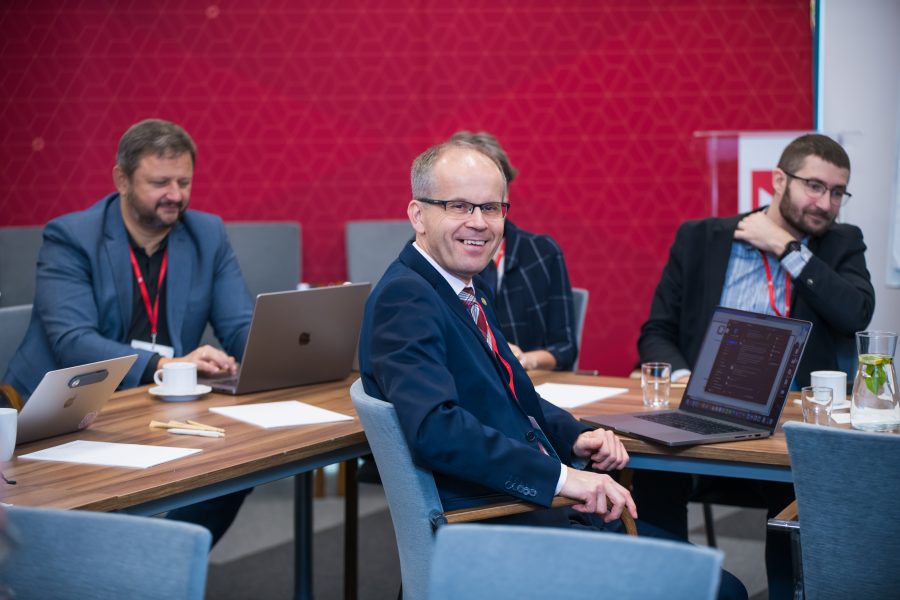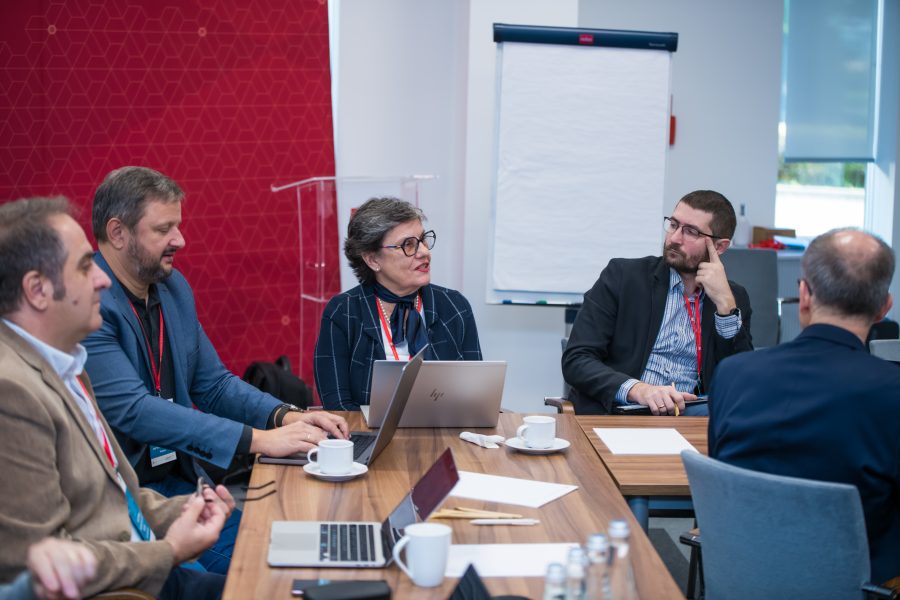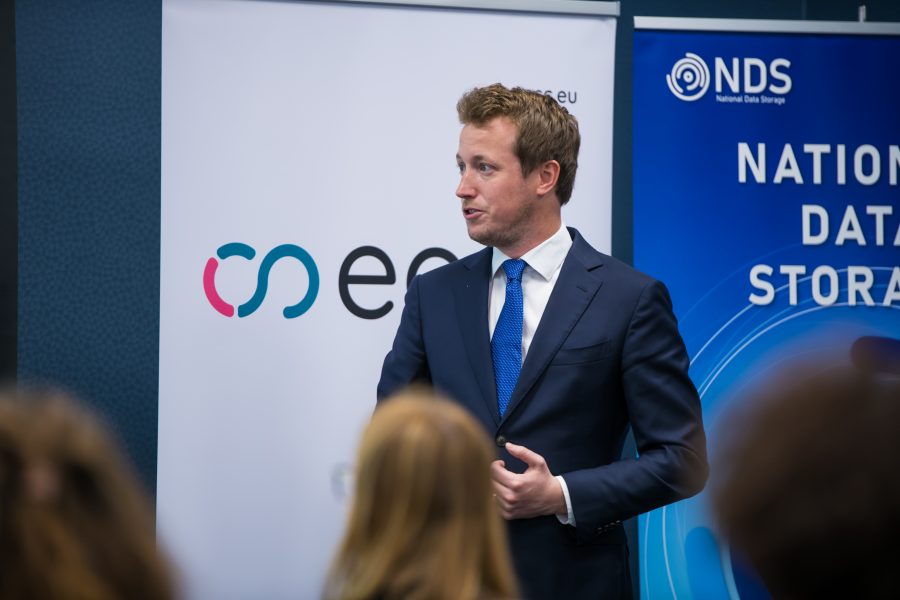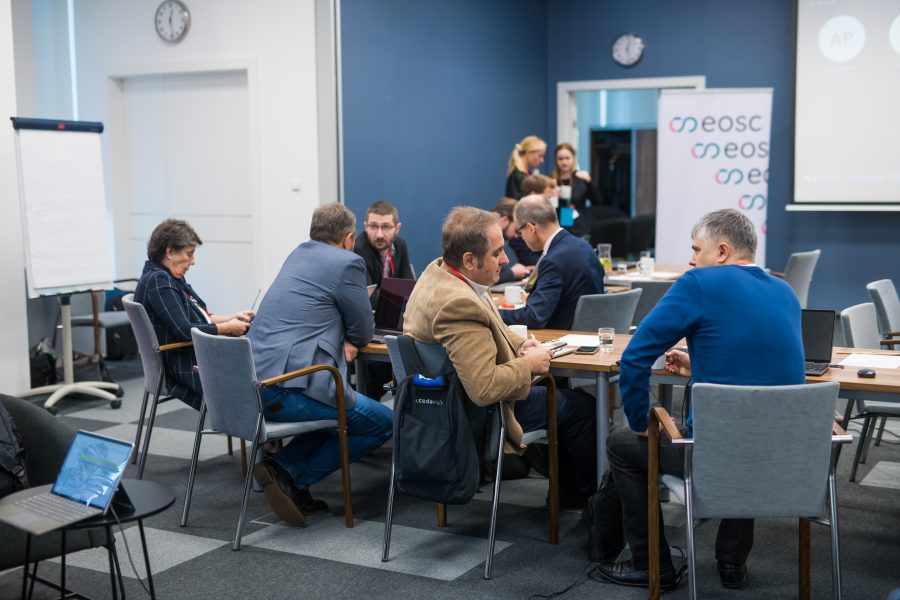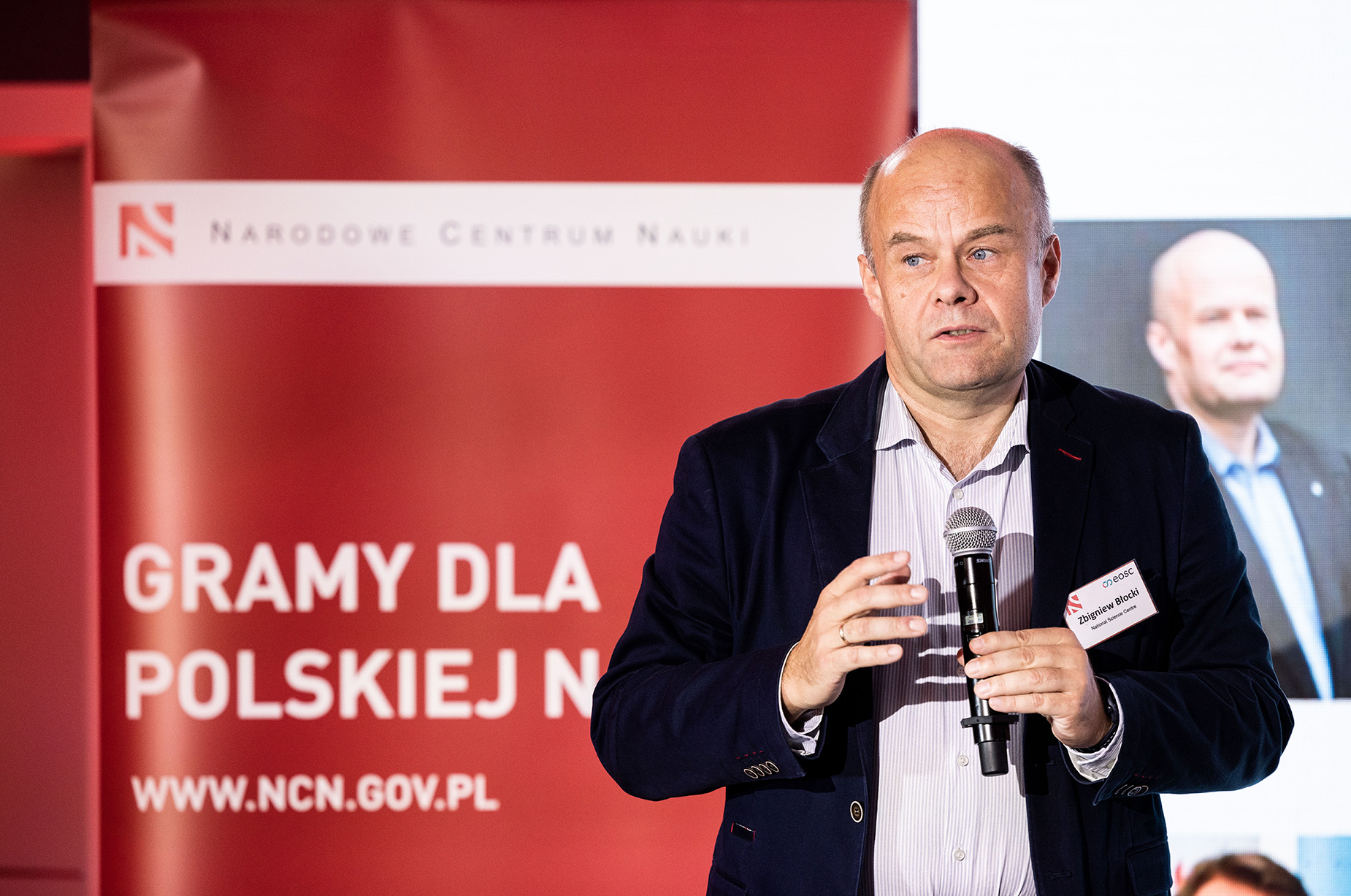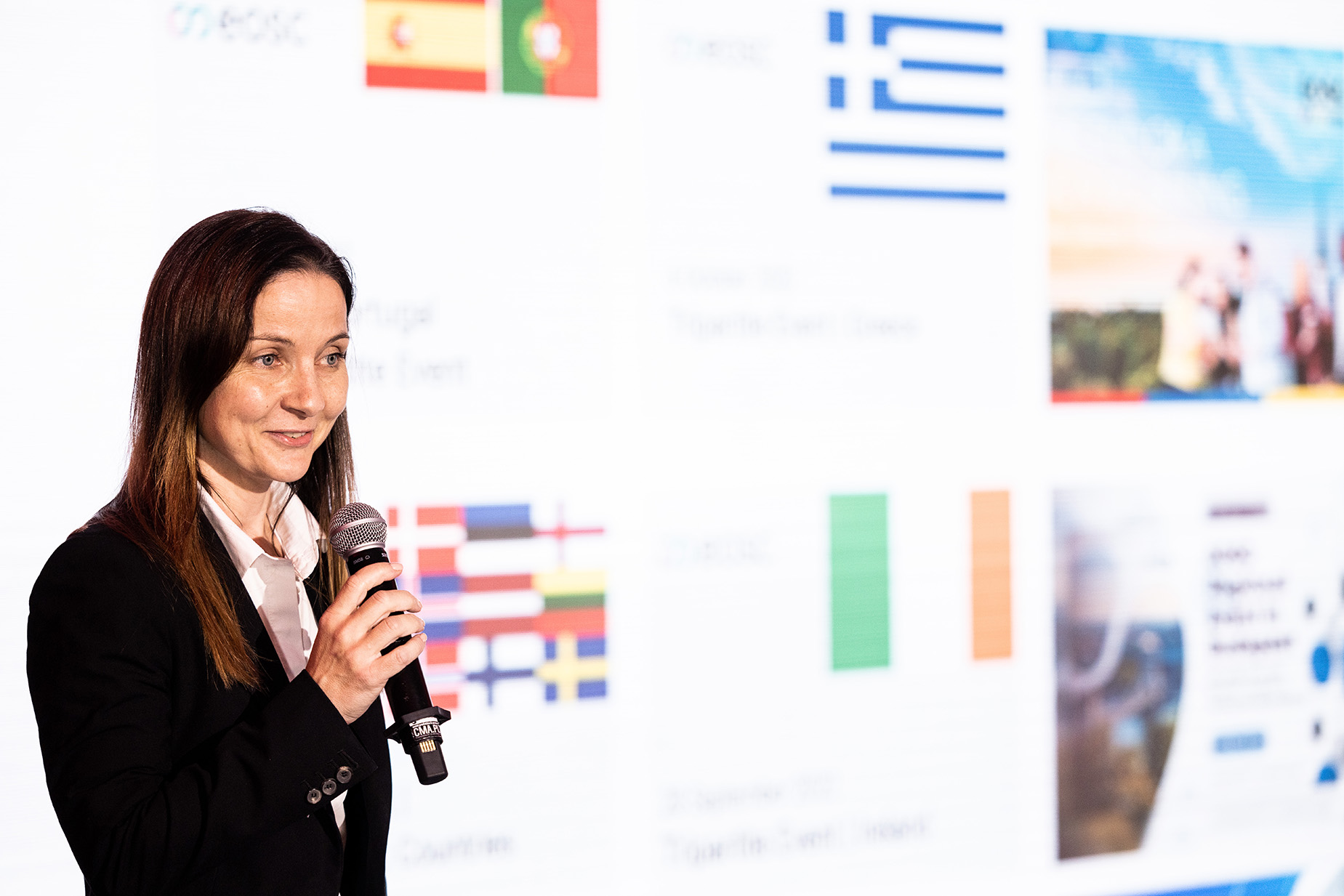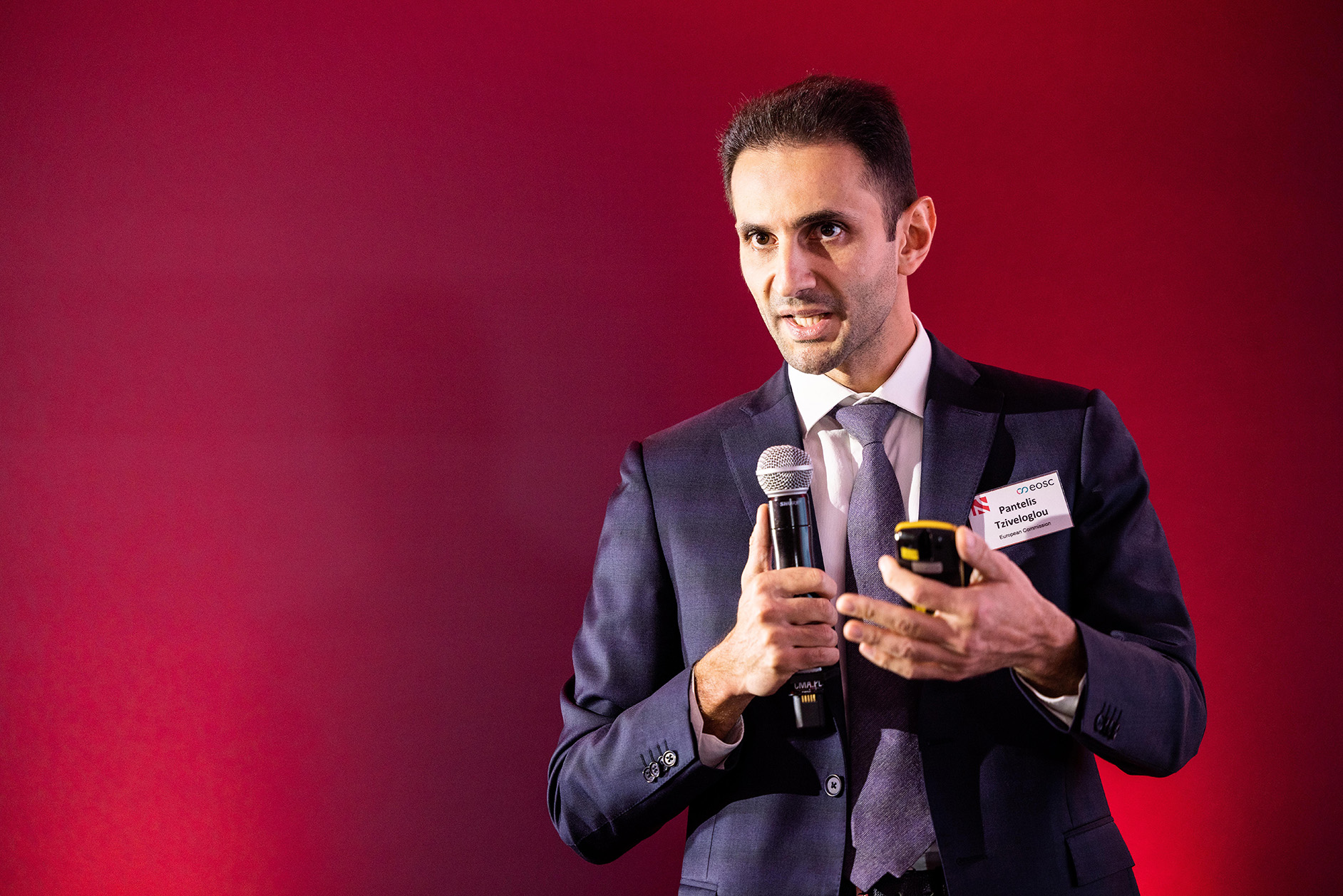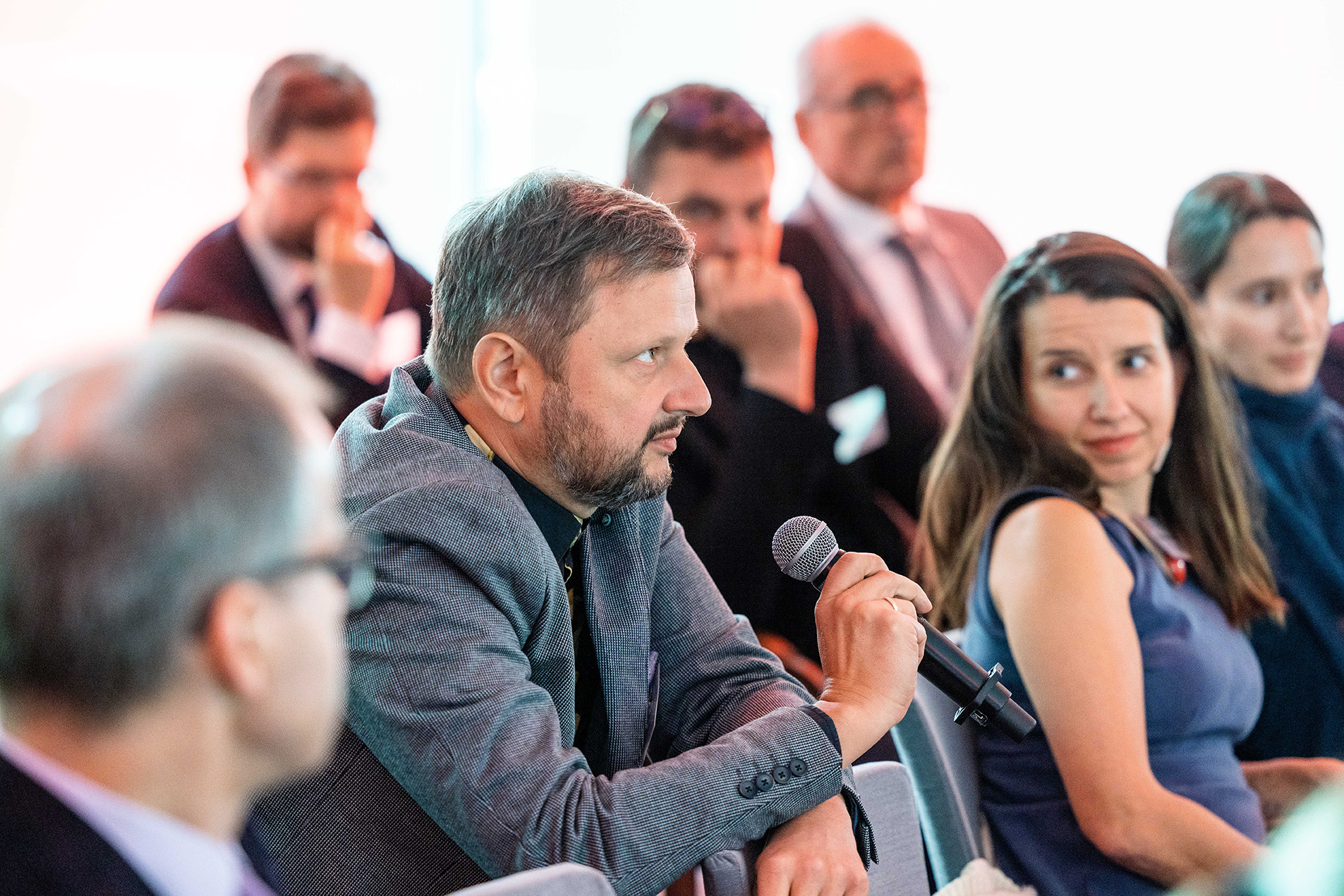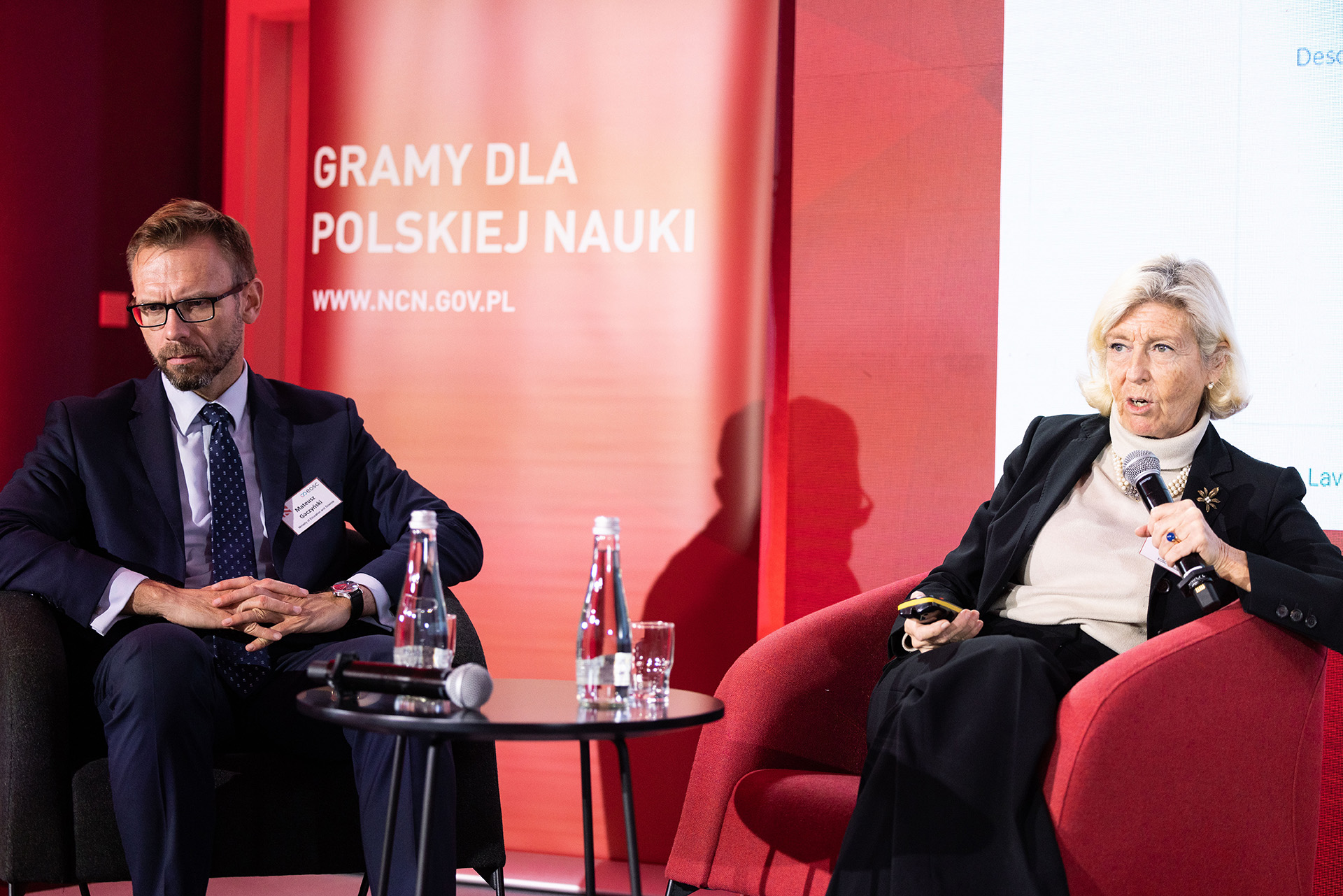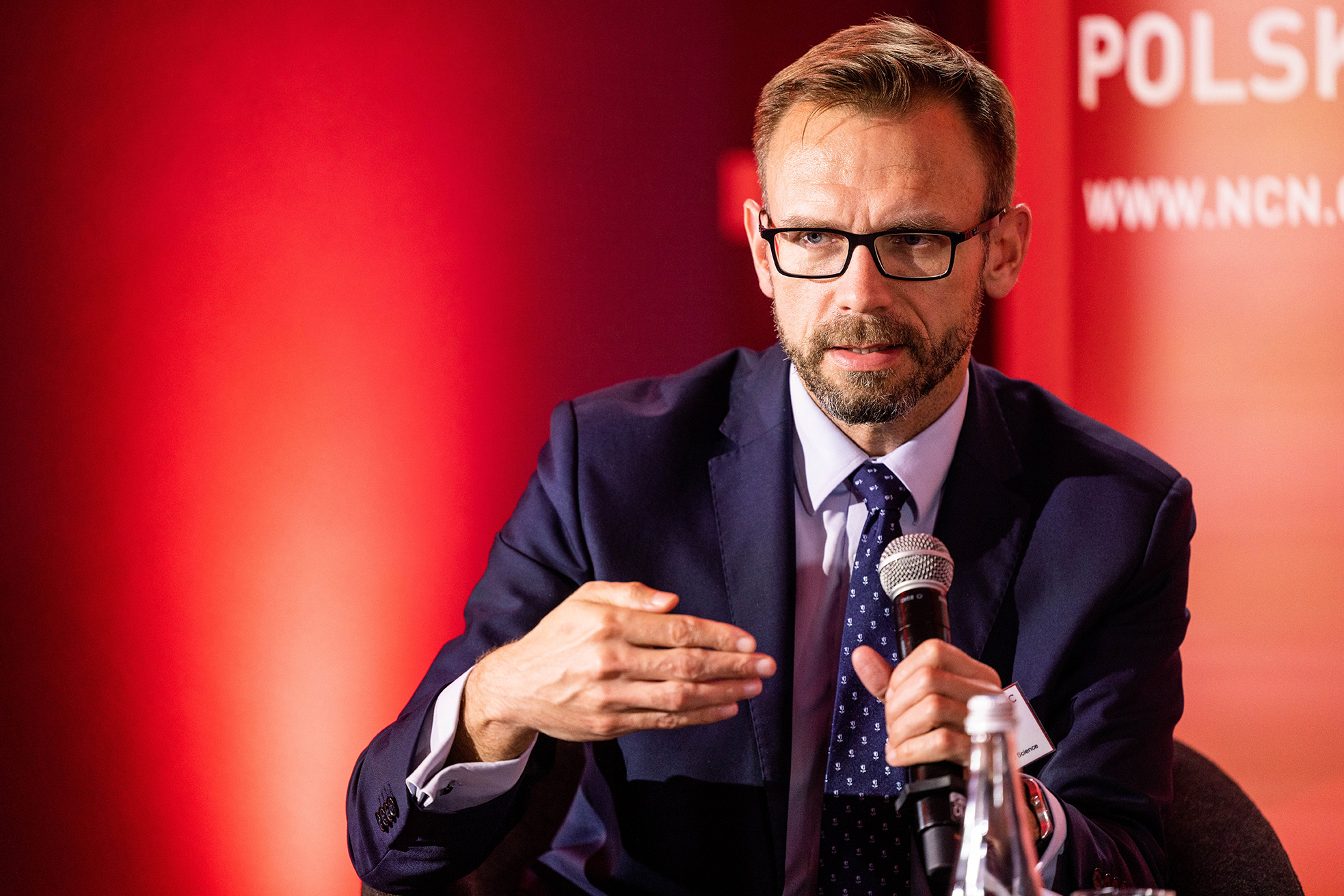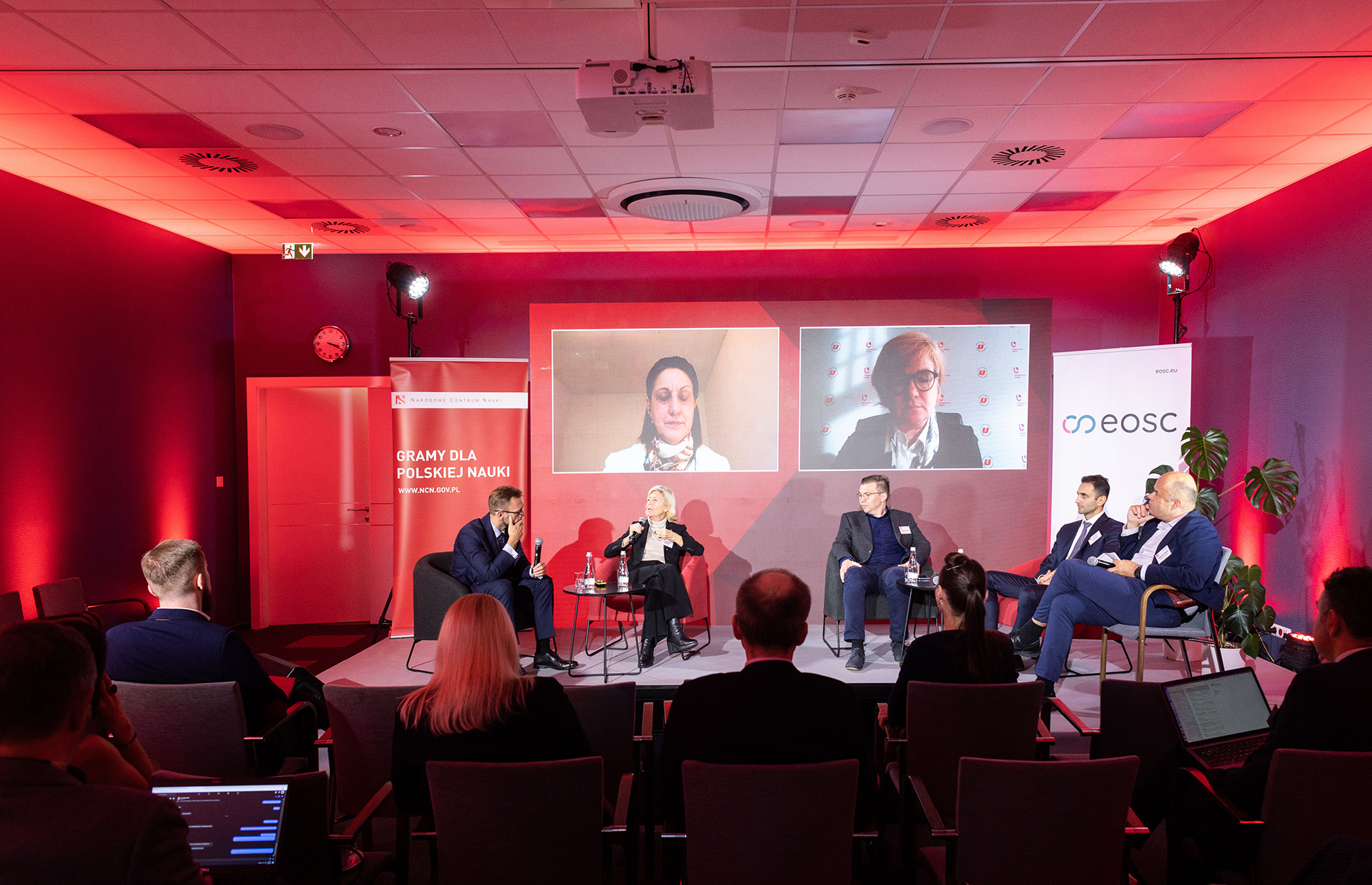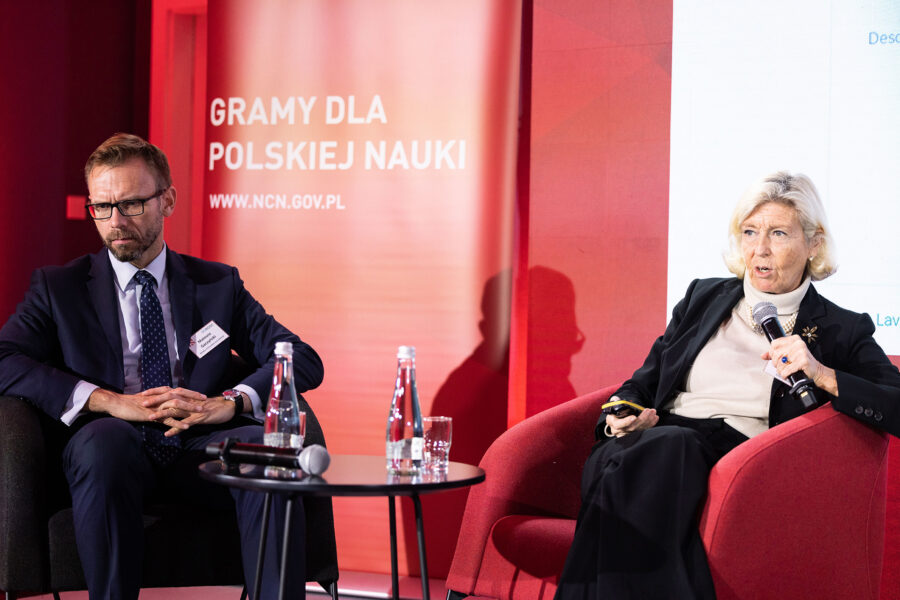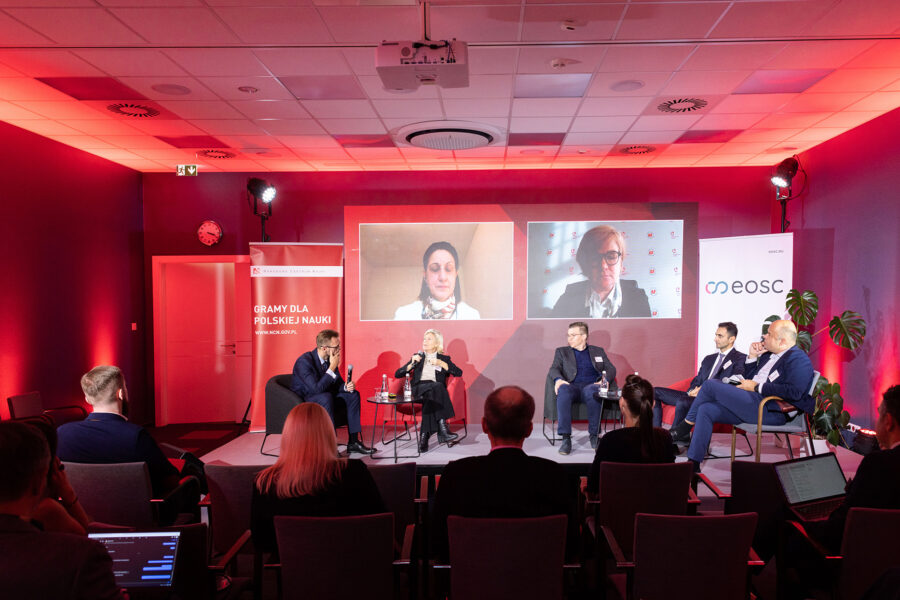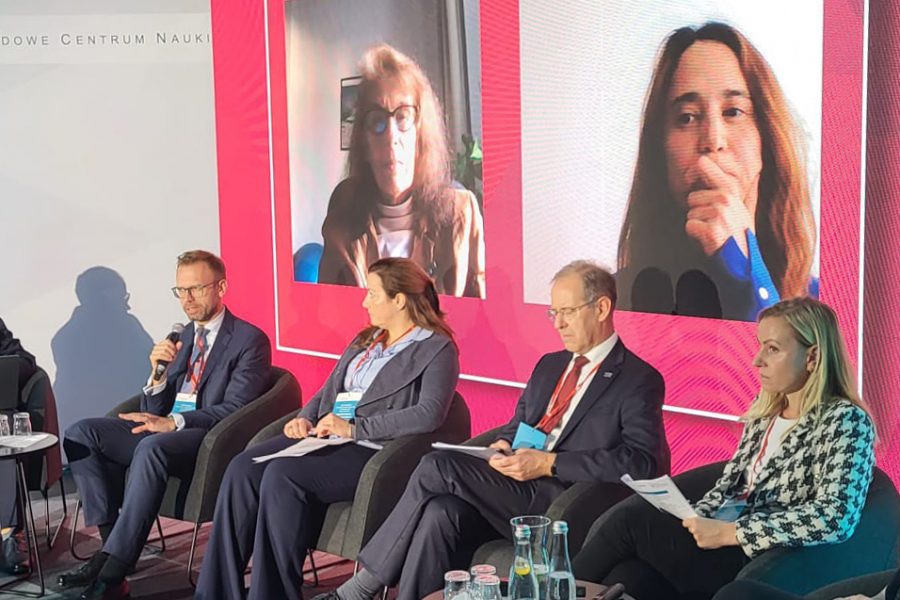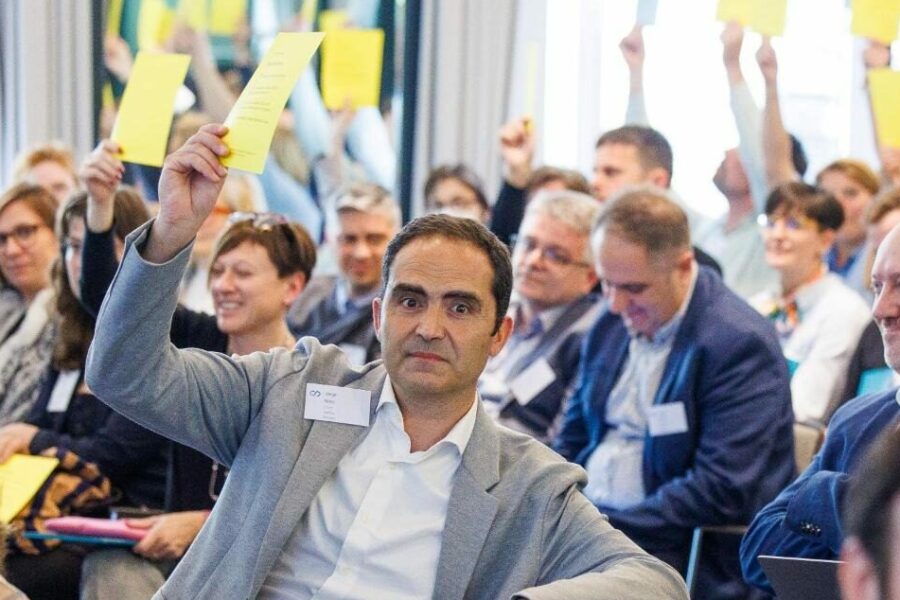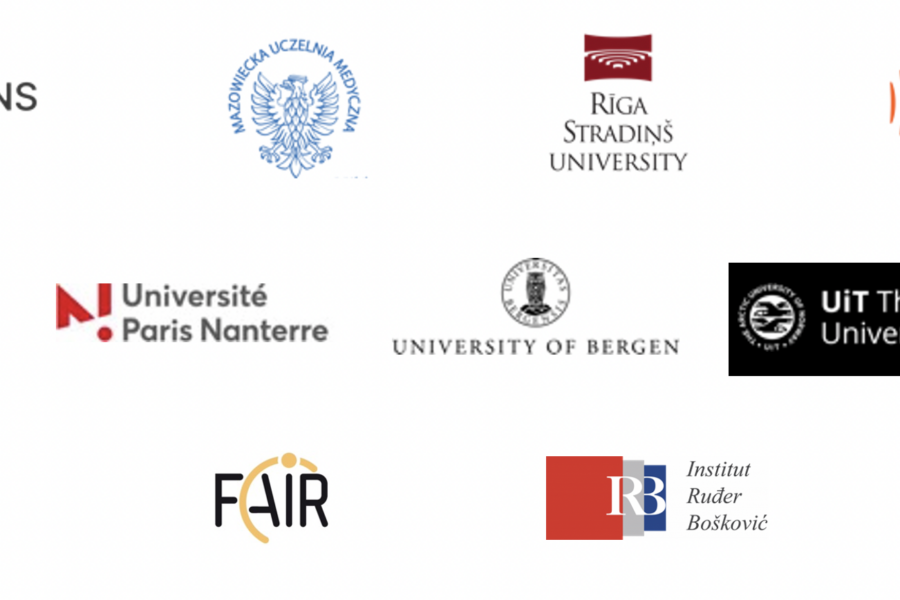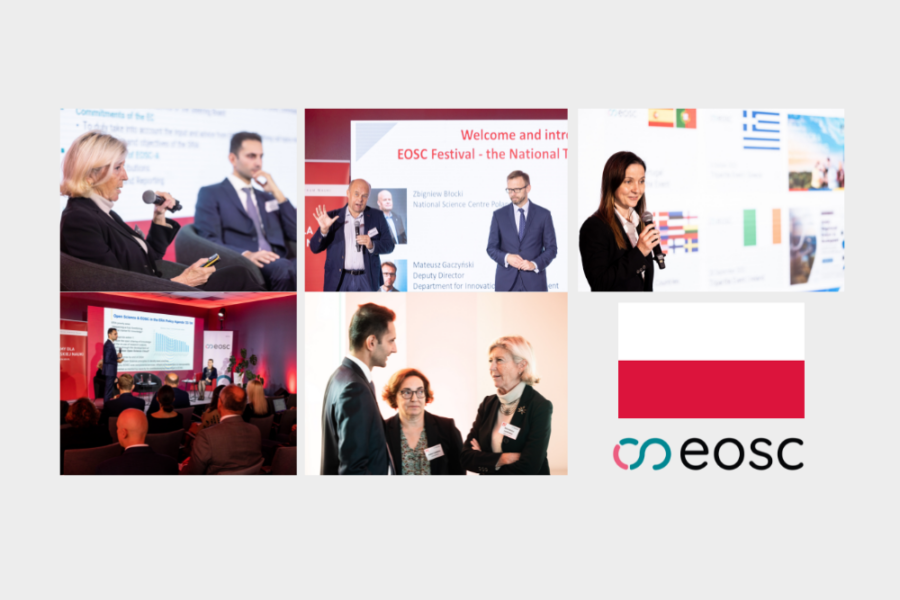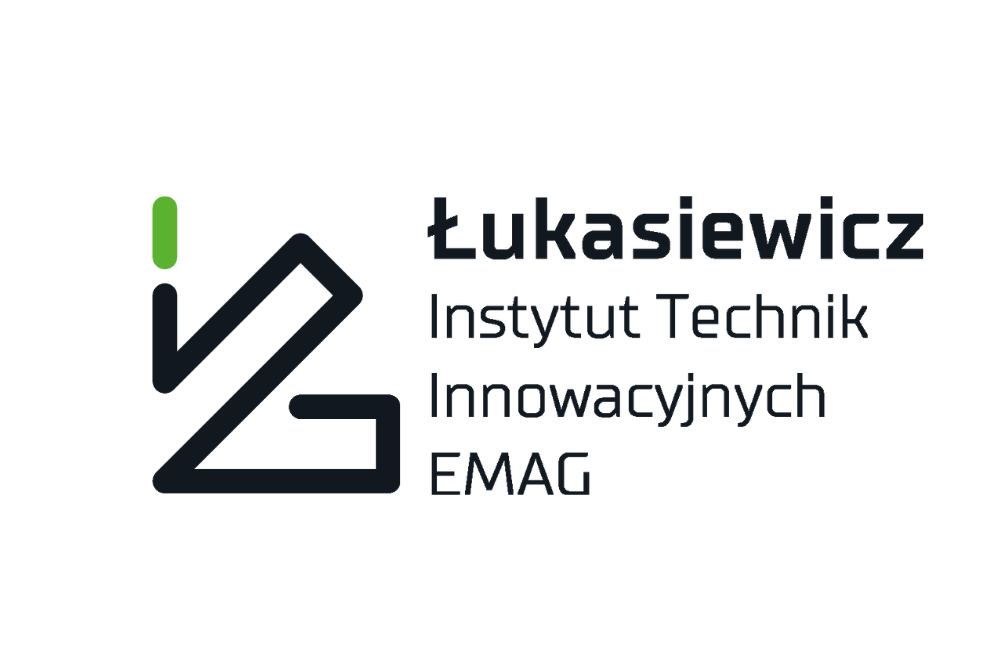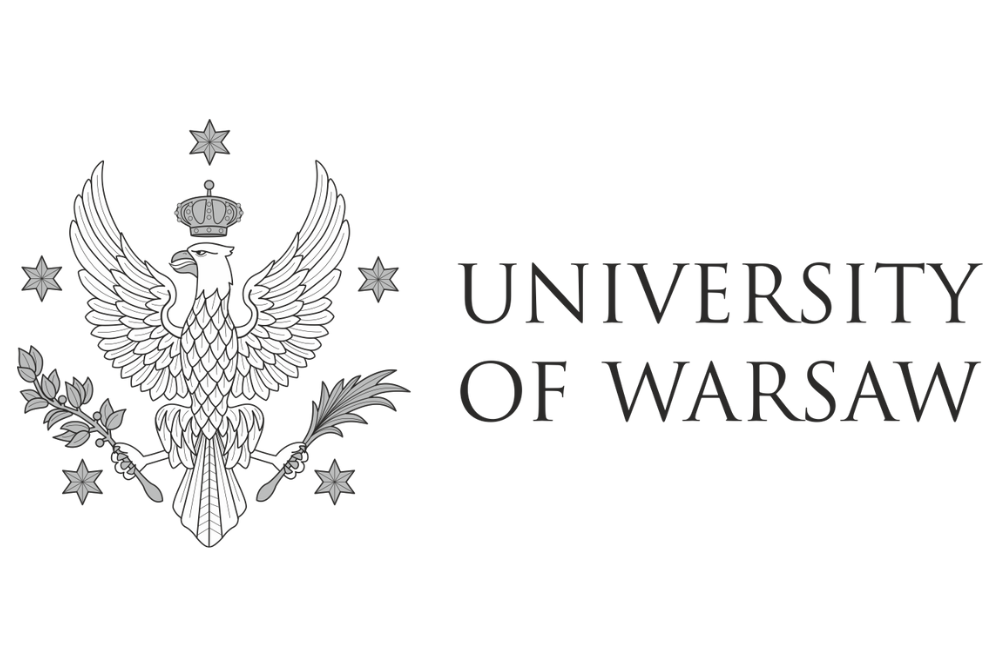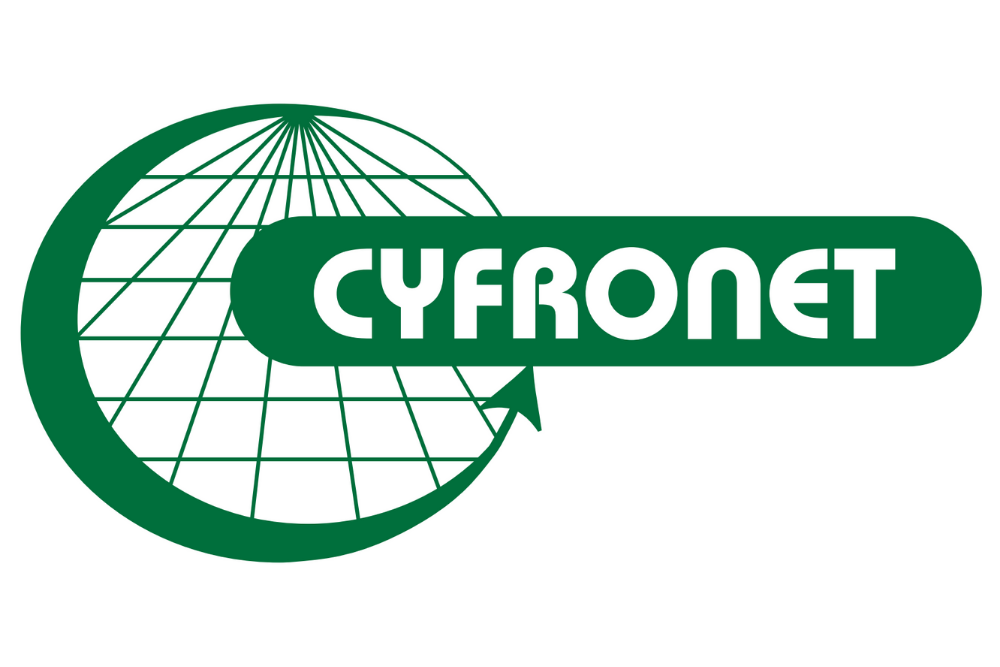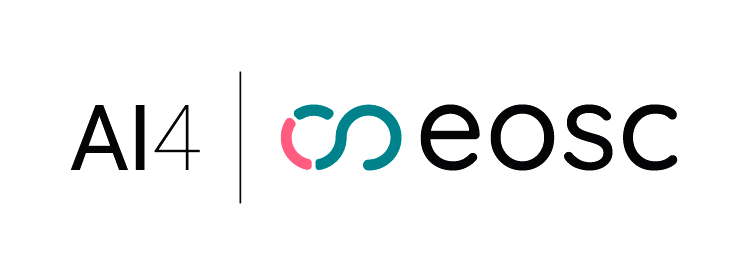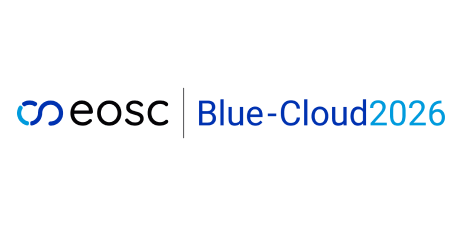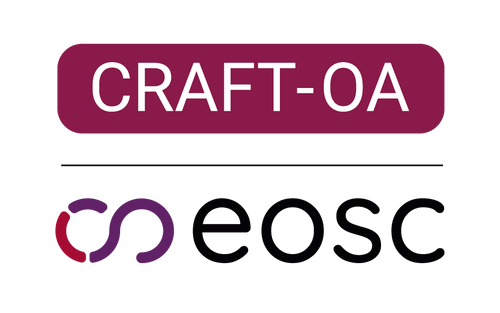
Poland
Overview
European Commission
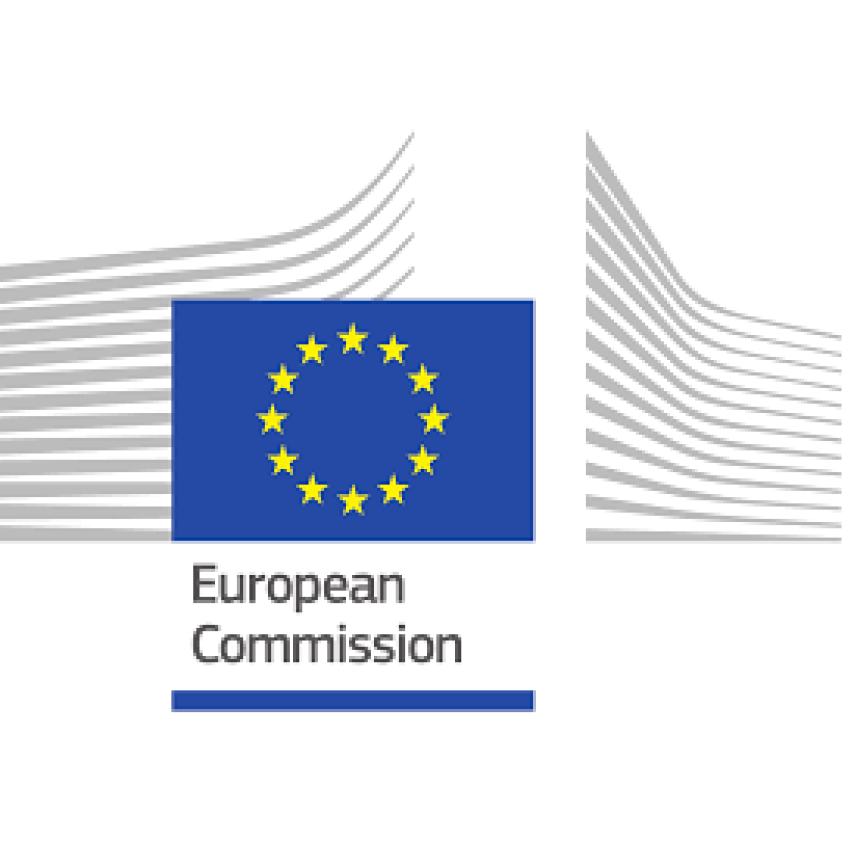

Mandated Organisation
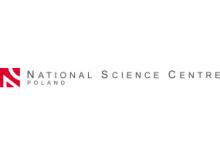

EOSC Steering Board representatives
The activities of the Ministry of Science and Higher Education in support of the open model of science date back to 2004, when it signed the OECD Declaration on Access to Research Data From Public Funding. In 2008, the Conference of Rectors of Academic Schools in Poland (CRASP) published its recommendations on Open Access.
In 2015, the document entitled Directions for the Development of Open Access to Research Publications and Research Results in Poland encompassed the main national recommendations for the introductions of OA by all relevant Polish stakeholders. In 2018, the National Science Centre Poland (NCN) was one of the 11 national research funding organisations that launched the cOAlitionS. One year later, NCN implemented the Data Management Plan (DMP) in the grant application process, based on the Science Europe guidelines. In 2020, the Policy of the National Science Centre on Open Access to Publications was adopted.
The national legal framework for open data was established in the Act of 11 August 2021 on Open Data and Reuse of Public Sector Information (Journal of Laws of 2021, item 1641). Open Science has been also recognised as one of the key components of the National Science Policy adopted by the Ministry of Science and Higher Education in 2022. The policy enhances the active participation of Polish stakeholders in the EOSC at both national and European level. Currently, the Ministry is finalising the National Open Research Data Policy, using the participatory approach through the Commission for ORD Policy, which is a broad representation of Polish OS stakeholders. In 2023, the draft version of the policy was prepared and underwent the process of public consultations.
Polish institutions have been involved in EOSC from the very beginning. Since 2021, the National Science Centre has been acting as the Polish mandated organisation in the EOSC Association.
The EOSC Poland Network is the national structure of the EOSC. Up to date (March 2024), there have been 22 stakeholders participation in the meetings of the network, as follows:
- National Science Centre(coordination)
- Ministry of Education and Science
- Adam Mickiewicz University in Poznan
- Gdansk University of Technology
- Gdansk Medical University
- Institute of Geophysics of the Polish Academy of Sciences
- PSNC – Poznan Supercomputing and Networking Centre
- Institute of Biochemistry of the Polish Academy of Sciences
- Jagiellonian University in Kraków
- University of Warsaw
- ACC Cyfronet AGH, AGH University of Science and Technology
- Collegium Medicum of Jagiellonian University
- CLARIN-PL, University of Science and Technology in Wroclaw
- Institute of Literary Research of the Polish Academy of Sciences
- Interdisciplinary Centre for Mathematical and Computational Modelling University of Warsaw
- Lublin University of Technology
- Łukasiewicz Research Network – Institute of Innovative Technologies EMAG
- Nicolaus Copernicus University in Torun
- Polish Polar Consortium
- University of Łódz
- SOLARIS Centre National Synchrotron Radiation Centre
- SWPS University
- University of Silesia in Katowice
The Three main priority areas of the Polish national structure of EOSC are as follows:
- Integration of stakeholders at the national level into the EOSC
- Dissemination and promotion of the EOSC at the national level
- Coordinating EOSC at the national level.
The EOSC Poland is an informal group of members and observers of the EOSC Association. It stays open for any national institutions, which is committed to developing its Open Science practices within the EOSC landscape.
The national structure identifies the following strategic goals:
- Coordination of EOSC-related activities at a national and European level.
- Providing a platform for the involvement of national stakeholders.
- Establishing a forum for the exchange of information and best practices in the field of Open Science.
- Developing and strengthening the potential of the EOSC (skills, knowledge, resources).
- Mainstreaming EOSC into open data initiatives at the international and national level – creating international liaisons to support the well-aligned development of EOSC.
- Raising awareness of the EOSC
- Providing support for mapping EOSC-related initiatives at the national, regional and institutional level
The main activities carried out by the EOSC national structure in Poland:
- Strengthening EOSC awareness at the national level
- Creating a national EOSC community involving all types of stakeholders to discuss and share EOSC experiences and enhance Open Science competence at the national level
- Increasing involvement in the EOSC Association
- Organising public webinars/events to:
- inform national stakeholders about the latest advancements of the EOSC
- collect feedback from national actors and implement it into the EOSC management system and other EOSC activities (e.g., EOSC-related projects)
- discuss EOSC-related topics at the national/EU level
- providing individual support for organizations to inform them about the EOSC environment and discuss the benefits of joining the Association.
National Events
National Tripartite Event: Poland
The National Science Centre (NCN) will host Poland’s 2nd National Tripartite Event: The widening countries and the future of EOSC, on 6-7 November 2023 in Kraków. The event will focus on the following topics: EOSC Landscape...
Policies
Key legislation and policies shaping Polish OS landscape:
- National Science Policy, 2022 (Ministry of Education and Science, 2022)
- Act of 11 August 2021 on open data and re-use of public sector information (Journal of Laws of 2021, item 1641).
- Regulation No. 38/2020 and 40/2020 Director of the National Science Centre on Definition of the National Science Centre Policy Relating to Open Access for Publication of May 27, 2020
- The Act of 20 July 2018 – Law on Higher Education and Science (Journal of Laws of 2018, item 1668, as later amended)
- [Open Data Policy under the public consultation in December 2023]
EOSC in Practice
Embracing the principles of transparency, reproducibility, and accessibility, these examples highlight the innovative approaches adopted by researchers across various disciplines. From open data sharing and collaborative platforms to pre-registration and open peer review, these practices enhance scientific integrity and contribute to the advancement of knowledge.
People
-
Recording: NTE Poland 2023
06-07 November 2023, Kraków
-
NTE Poland 2023
6-7 November 2023, Krakow, Poland -
NTE Poland 2022
24-26 October 2022
News from Poland
Members and Observers from Poland
EU Projects
Please find here the EOSC-related projects where members from this country are involved as partners.










































